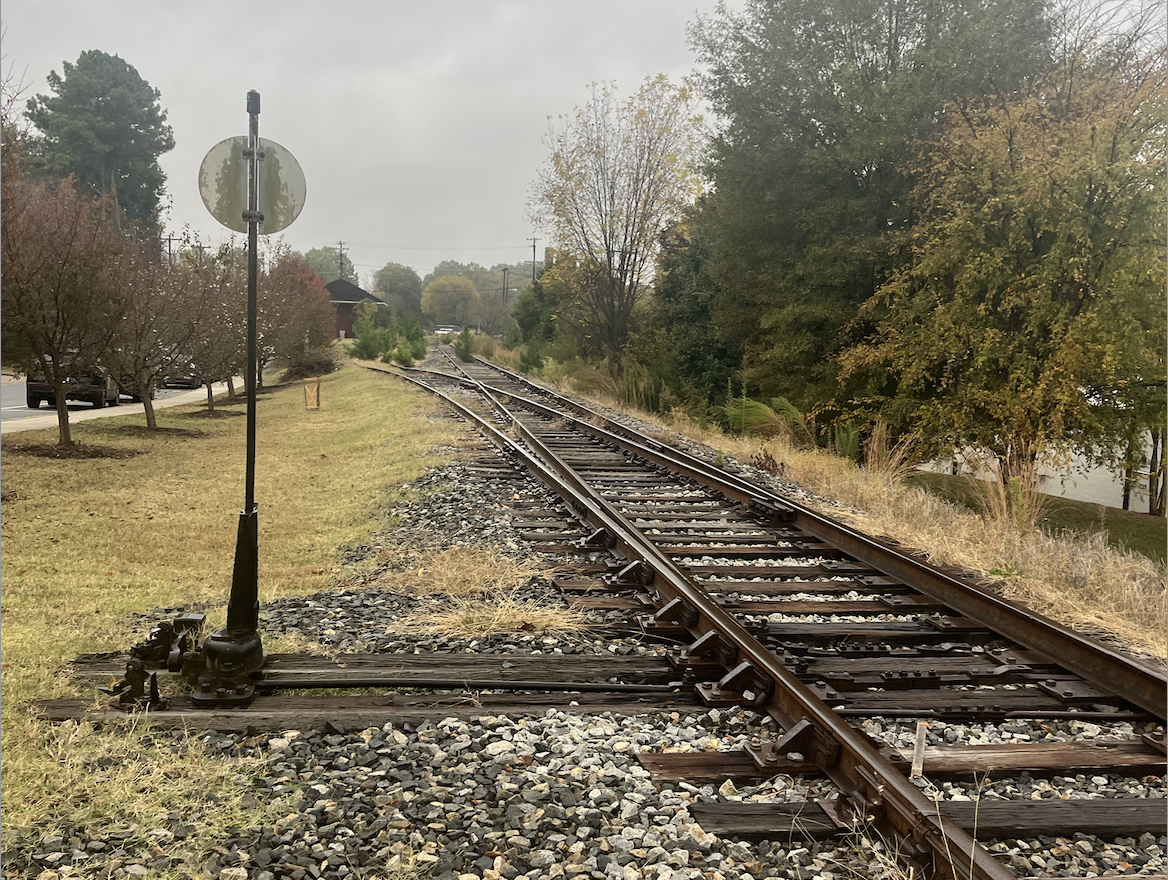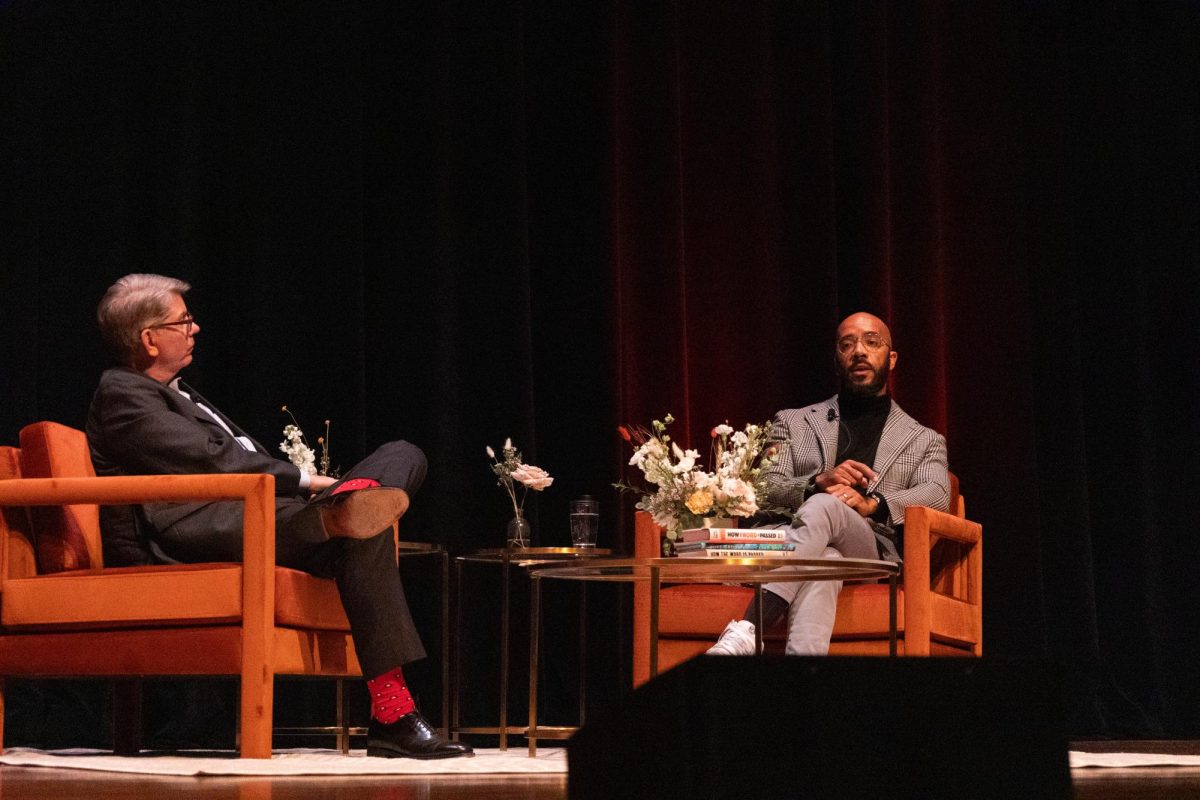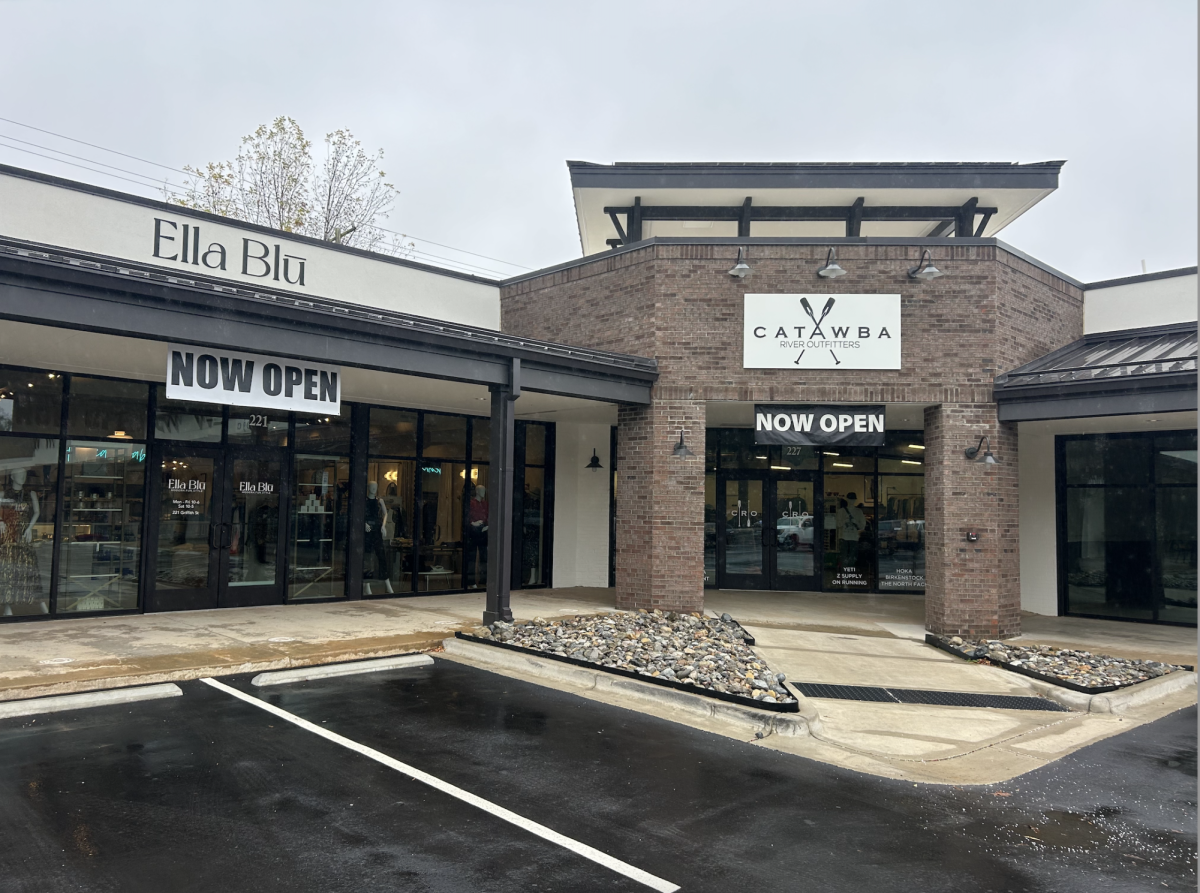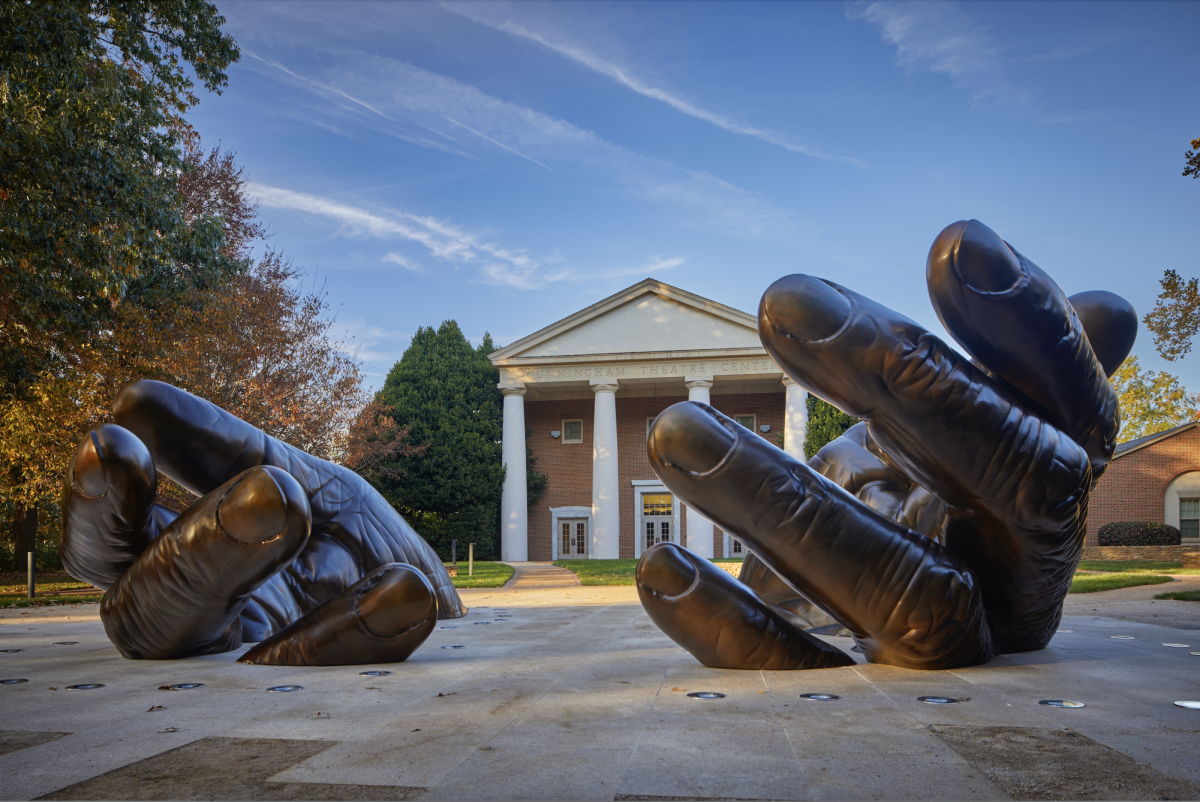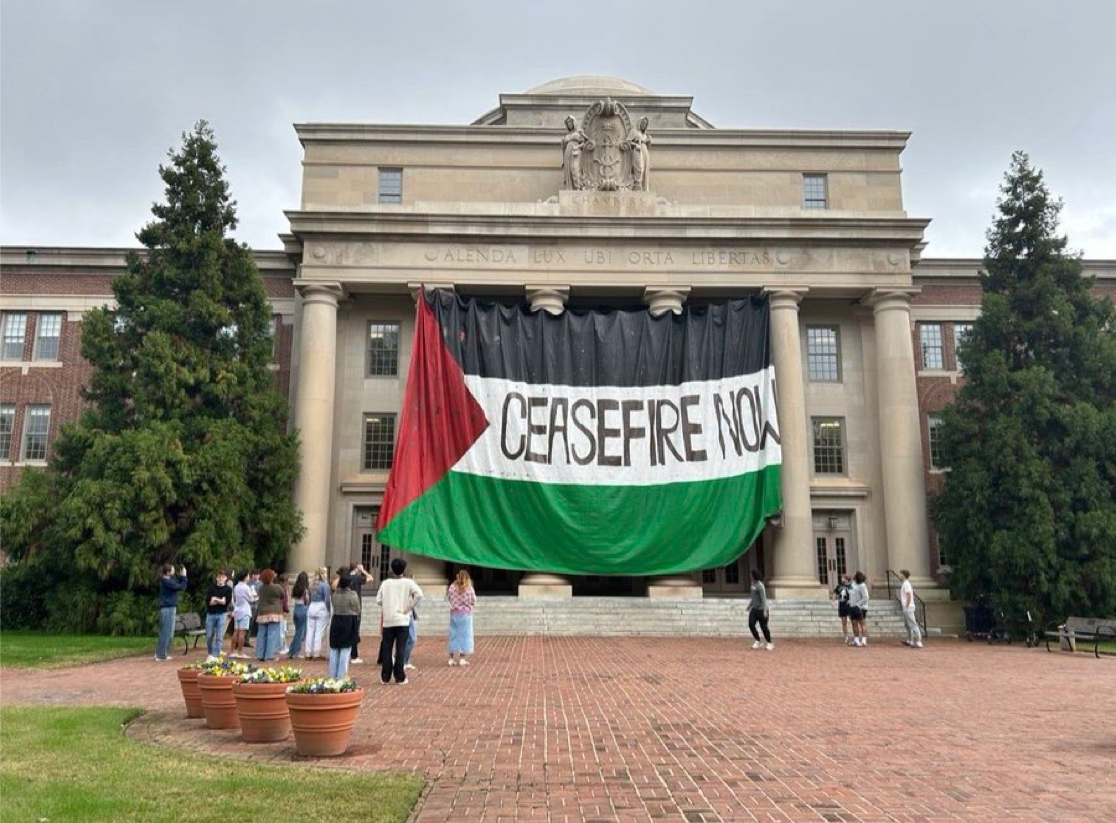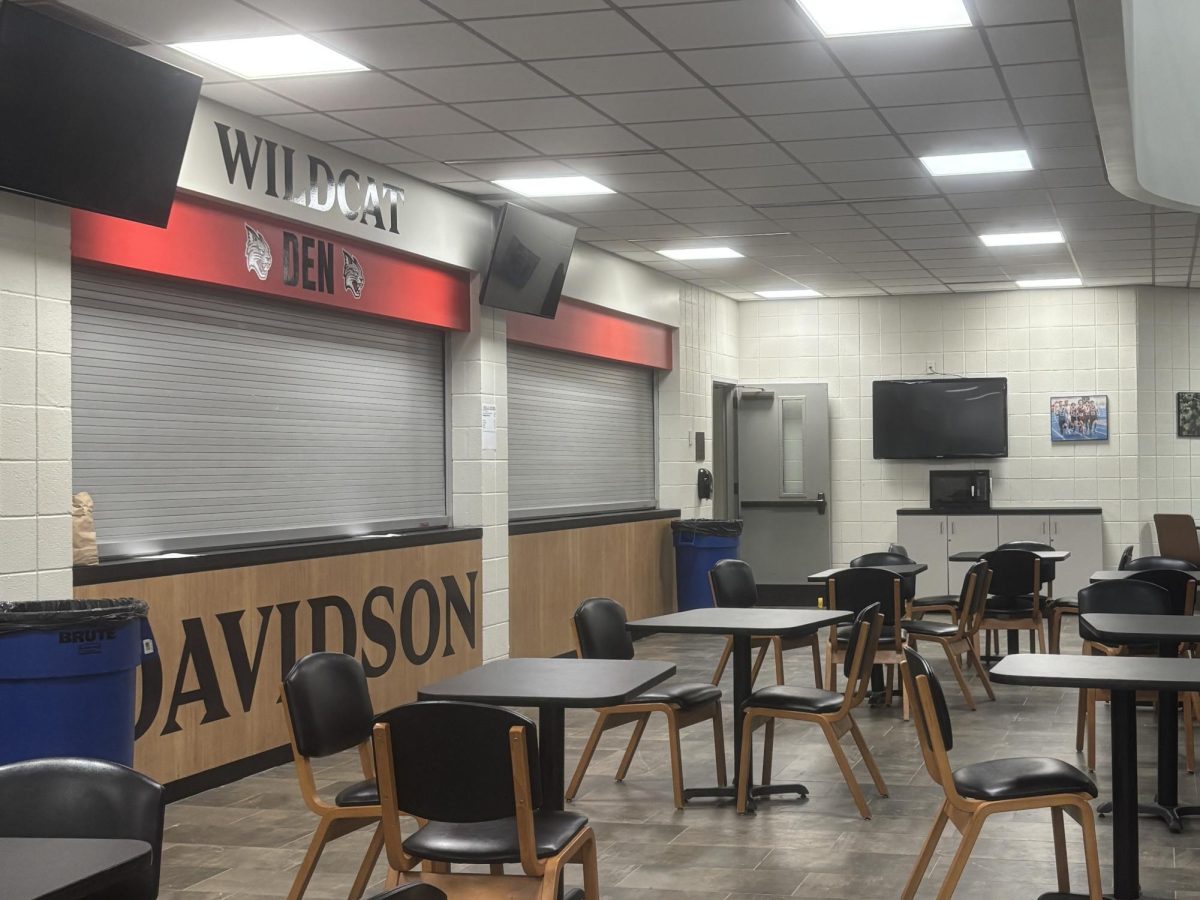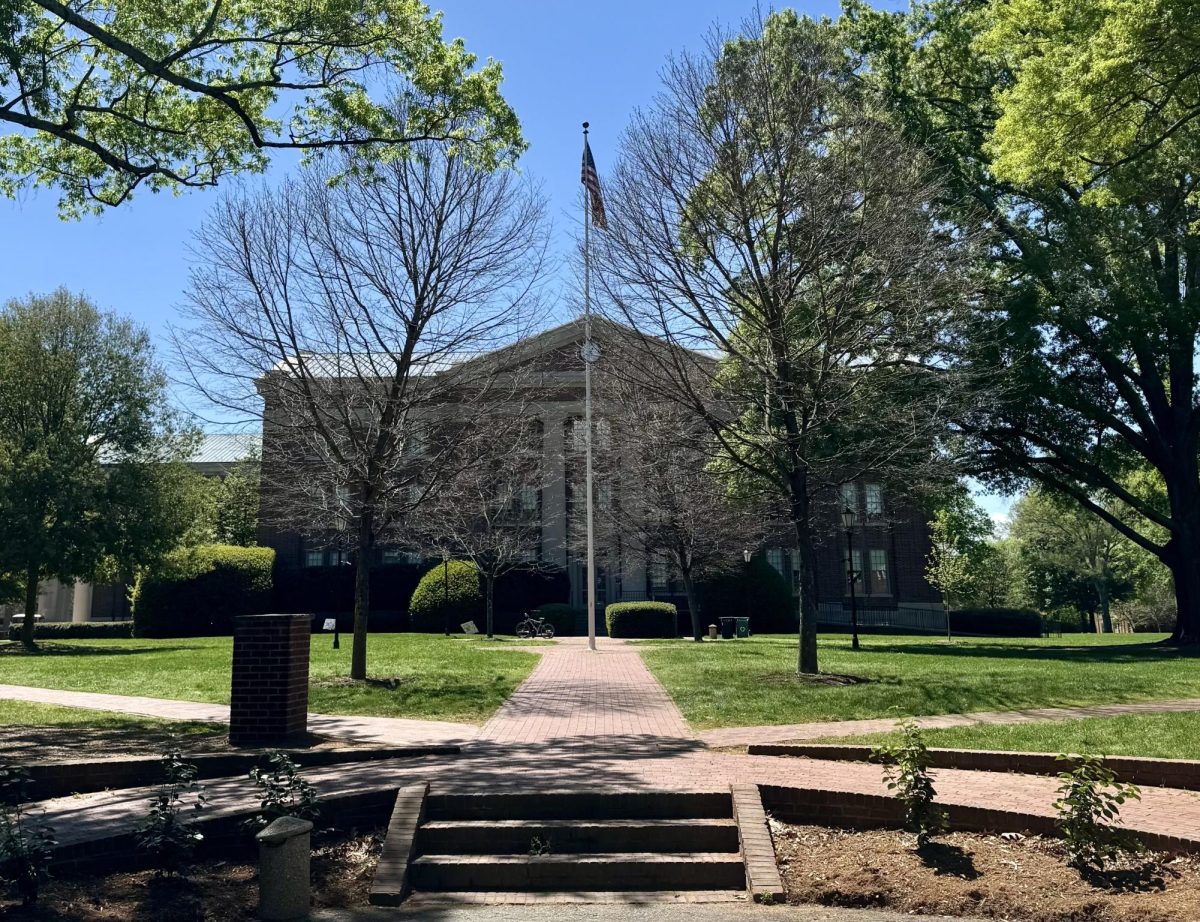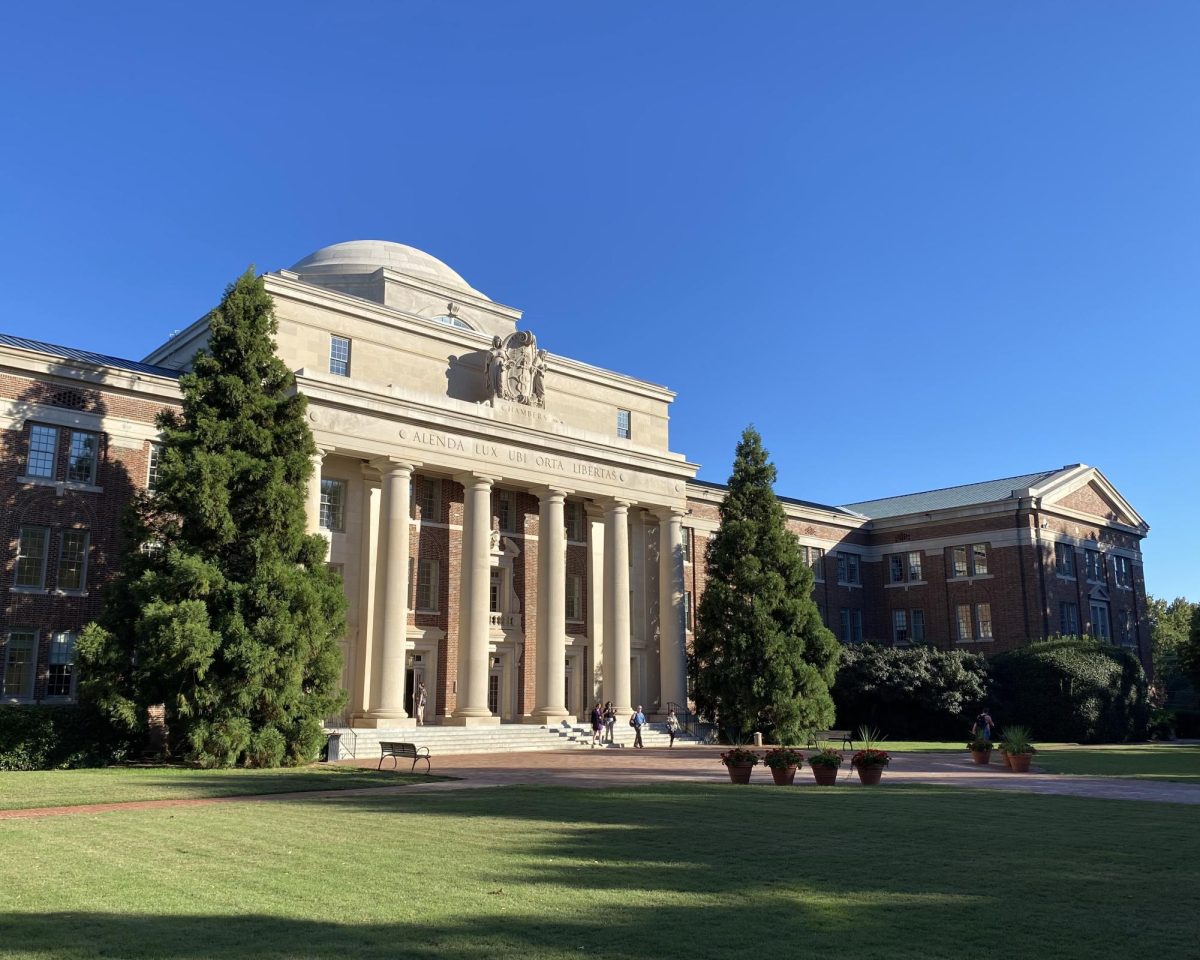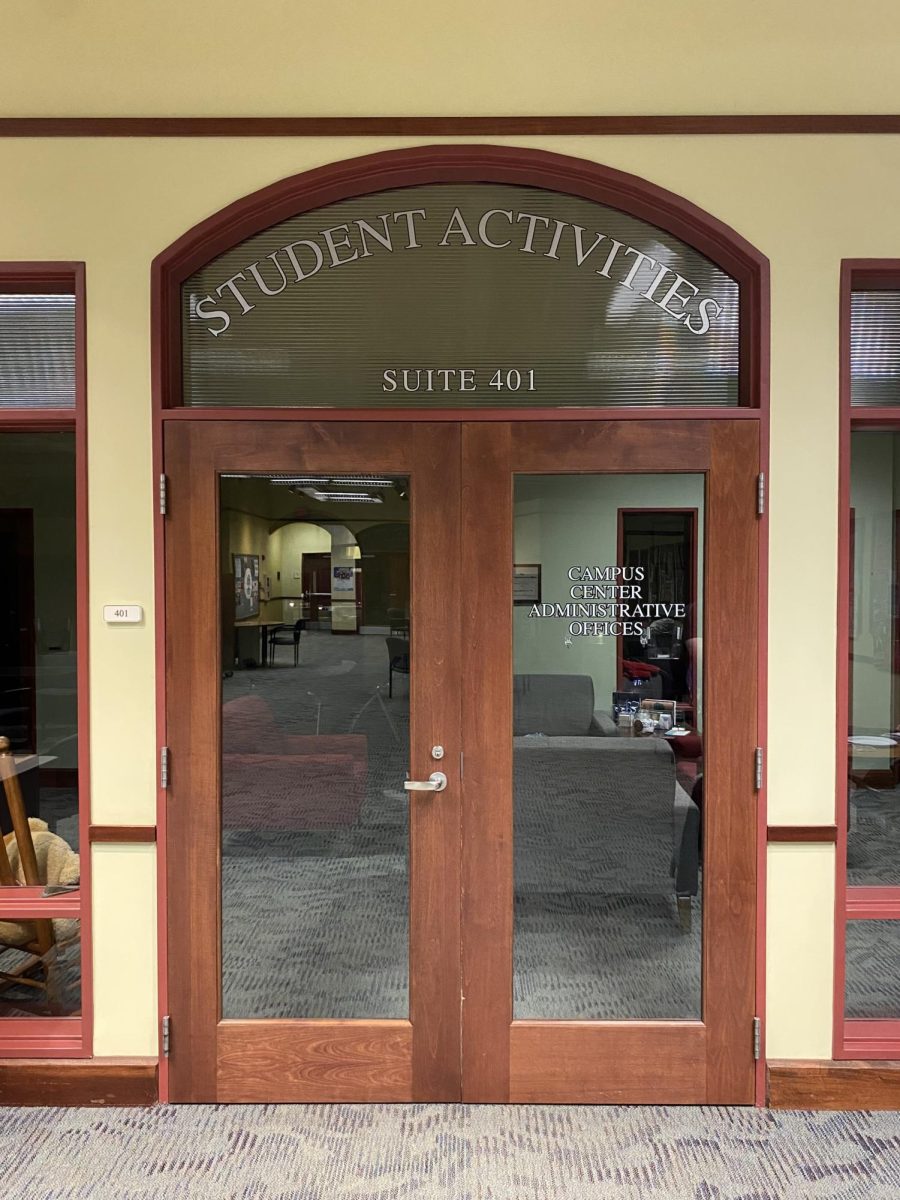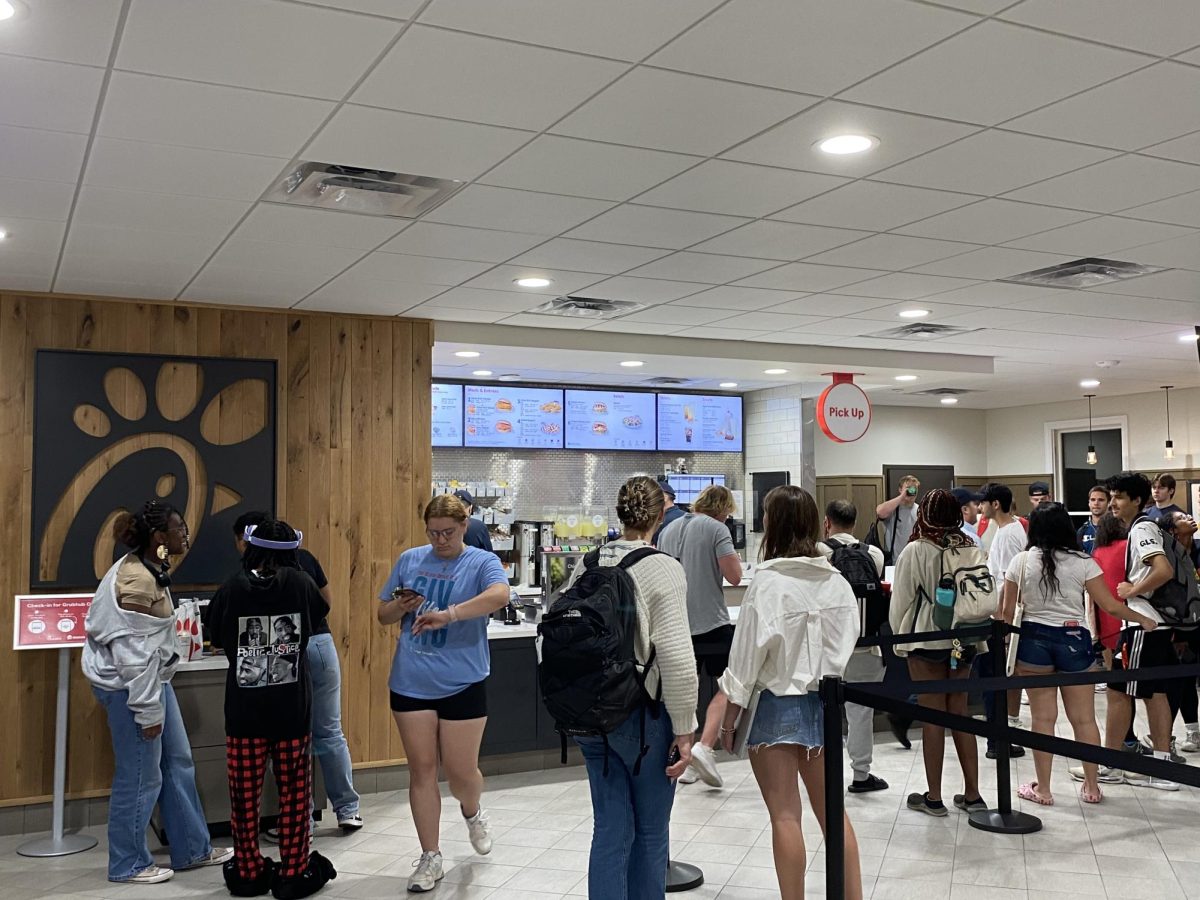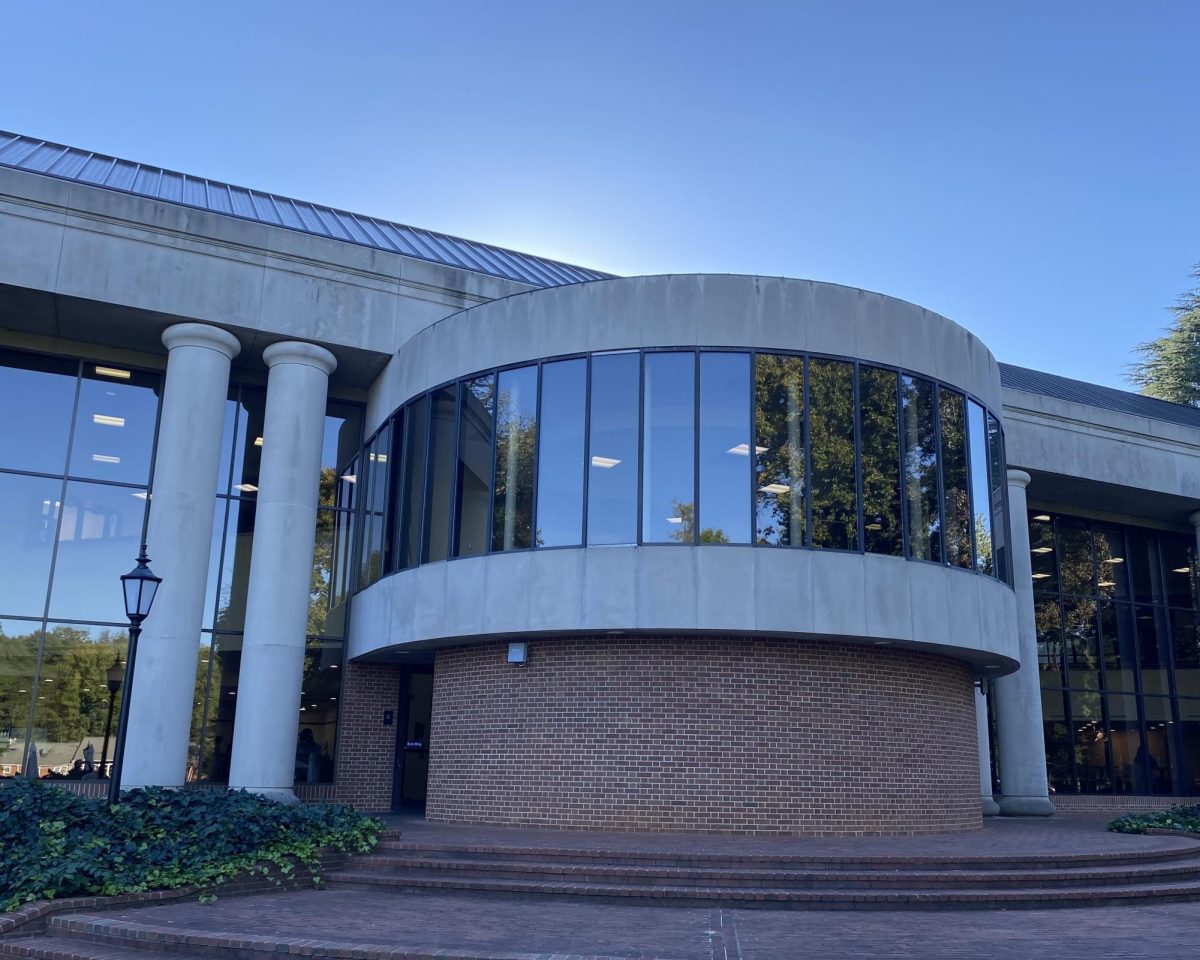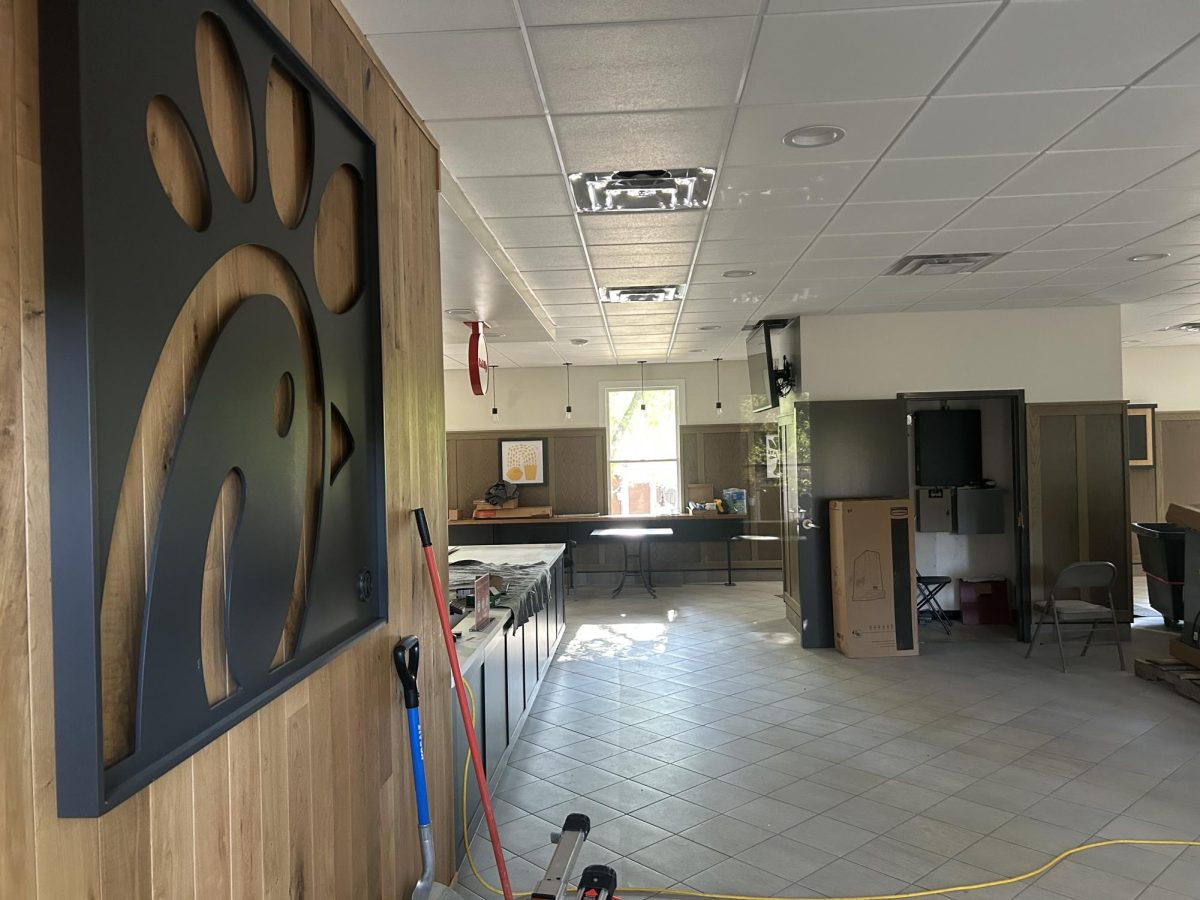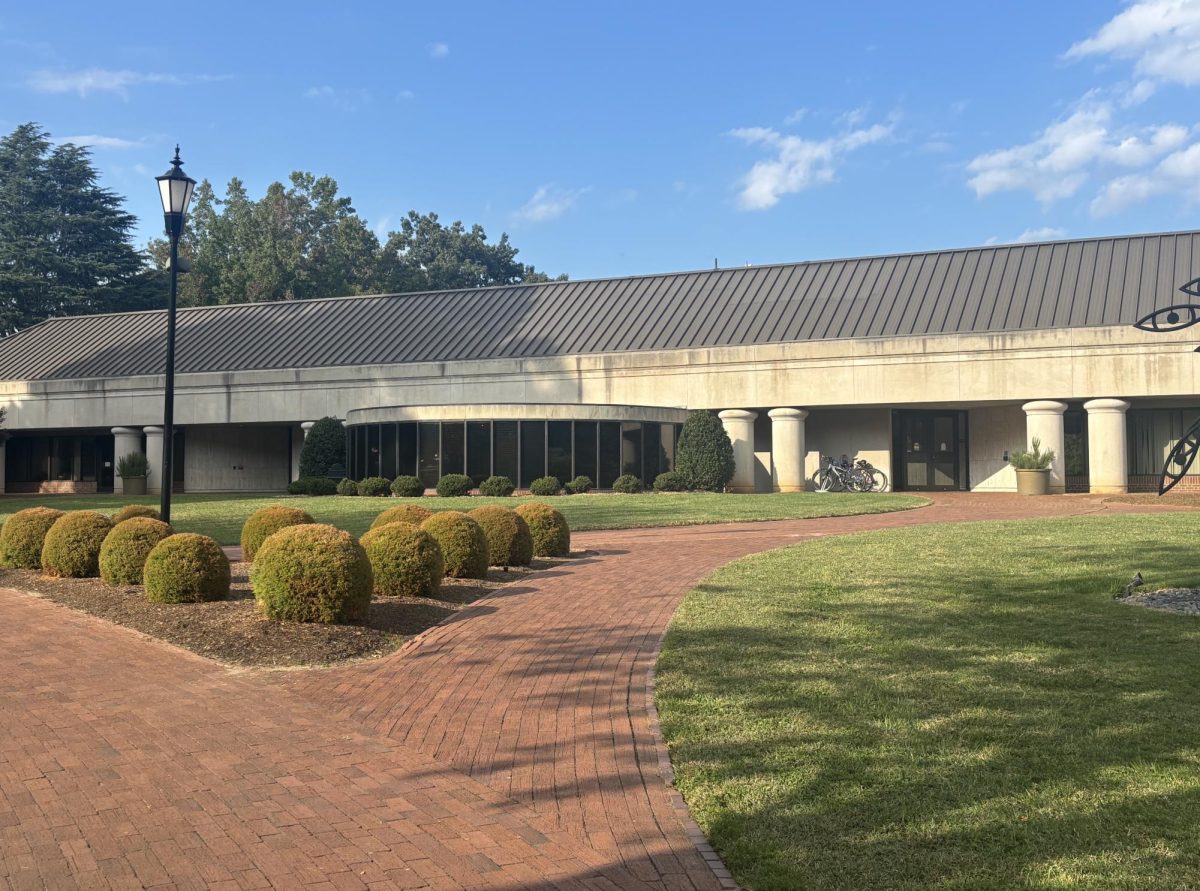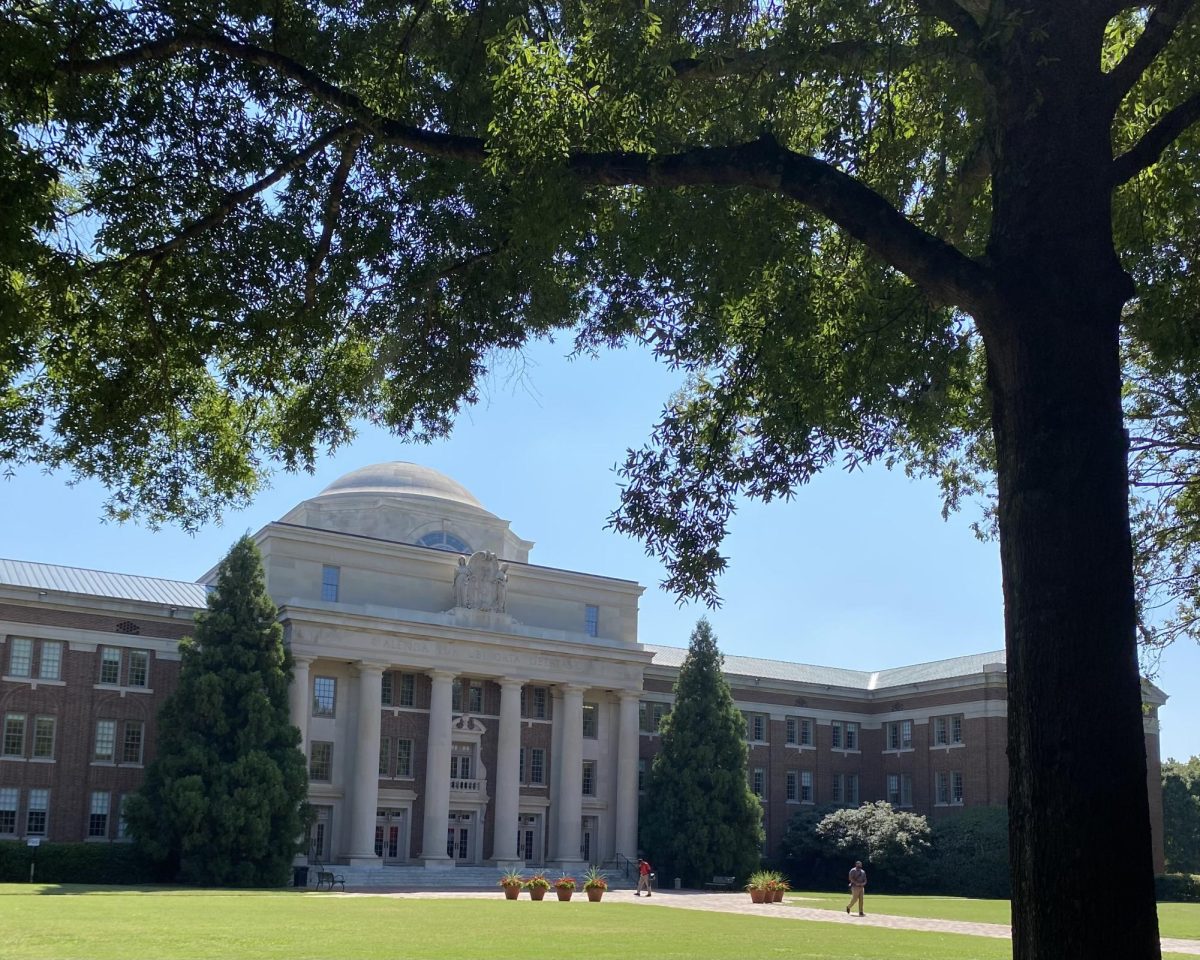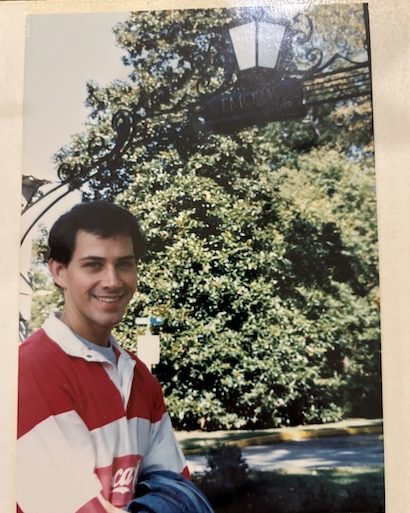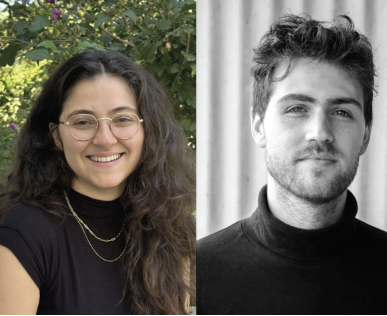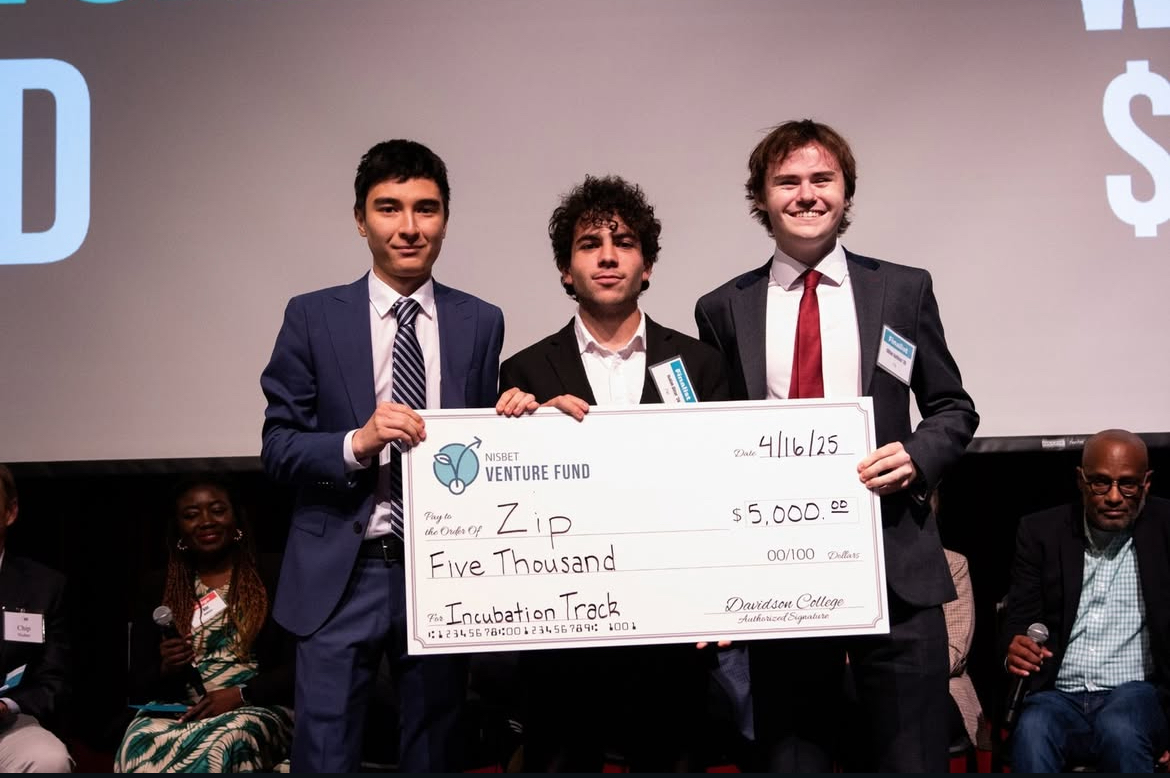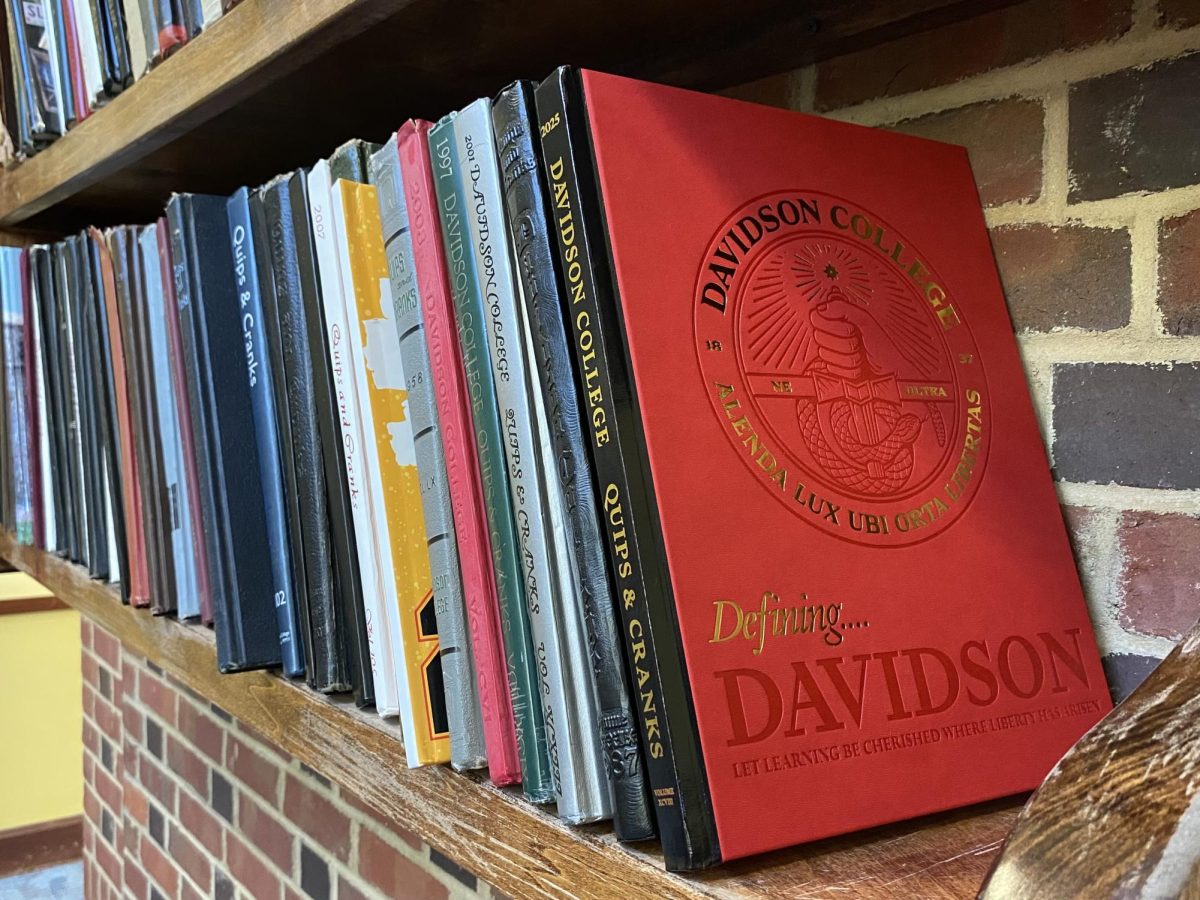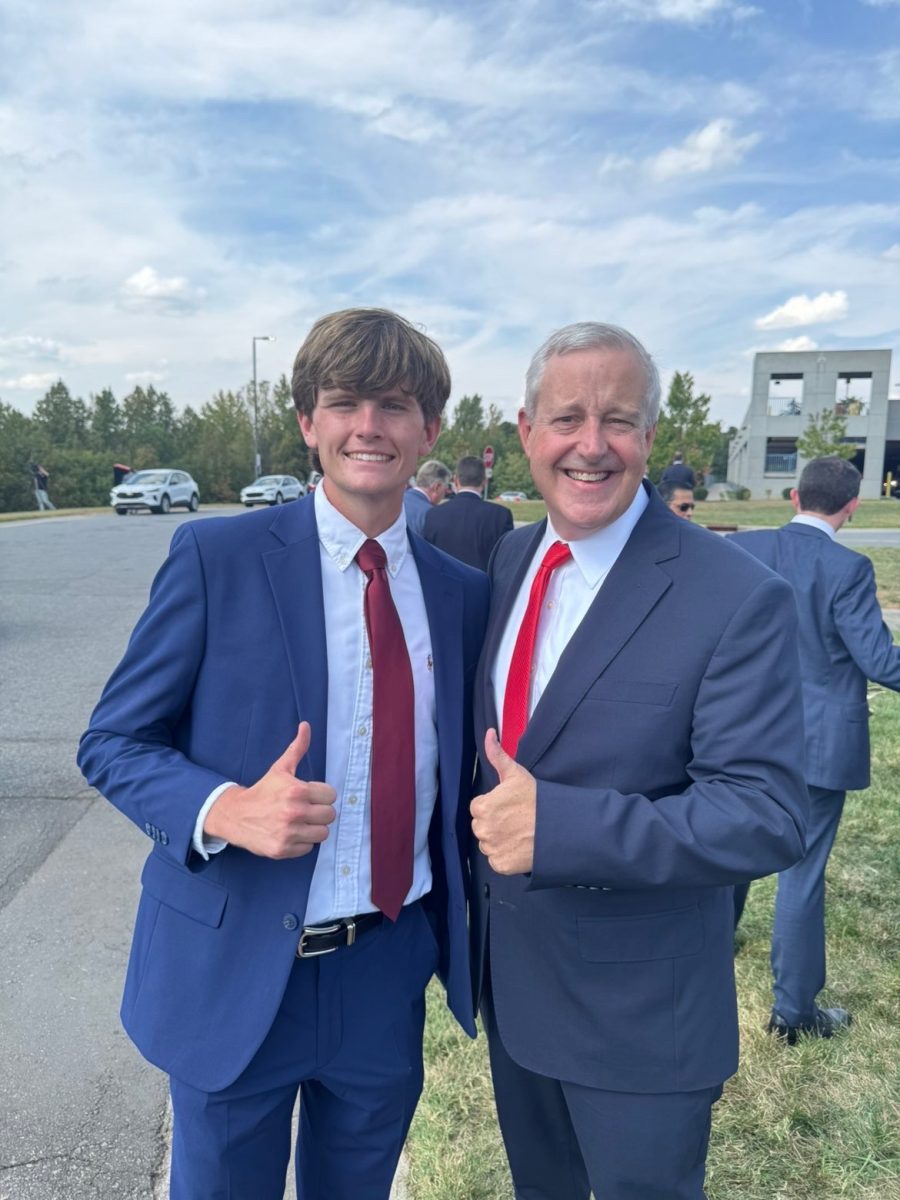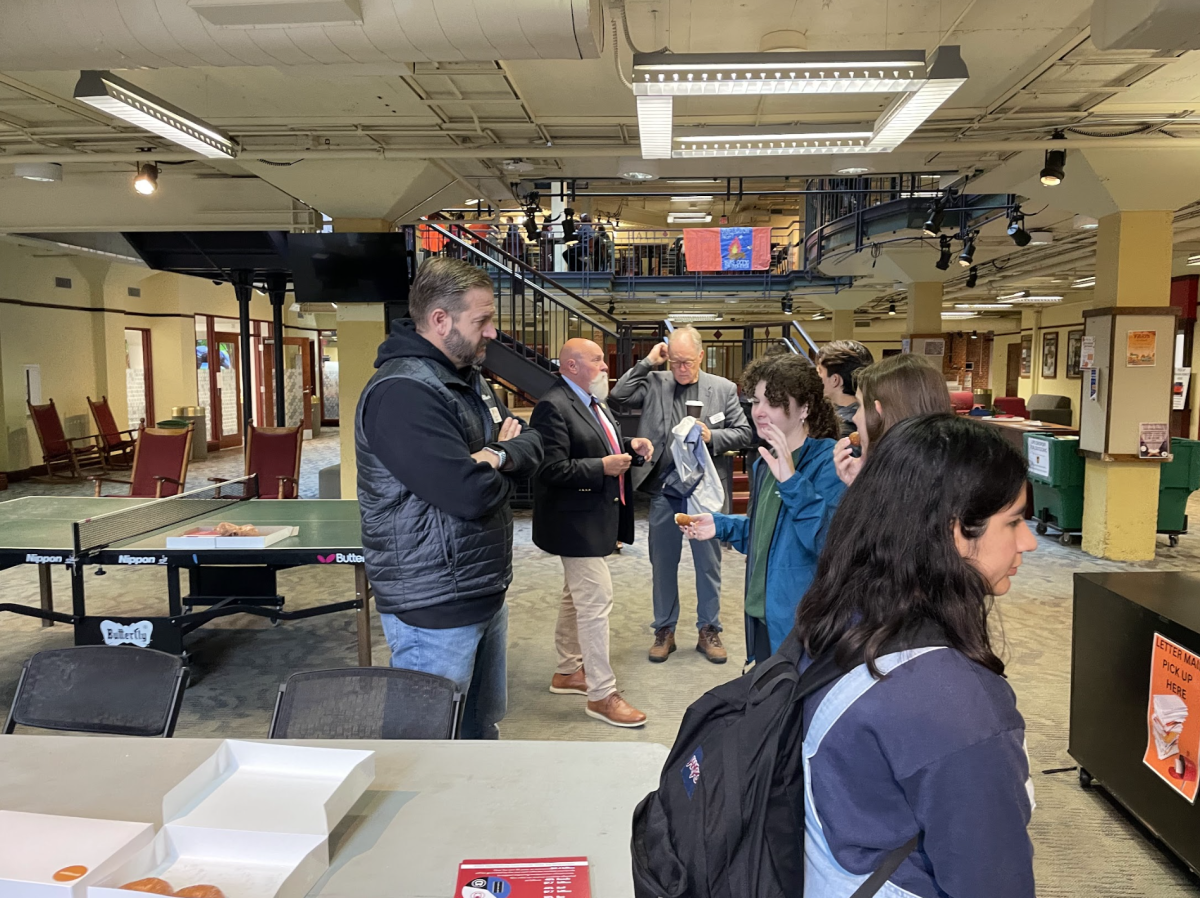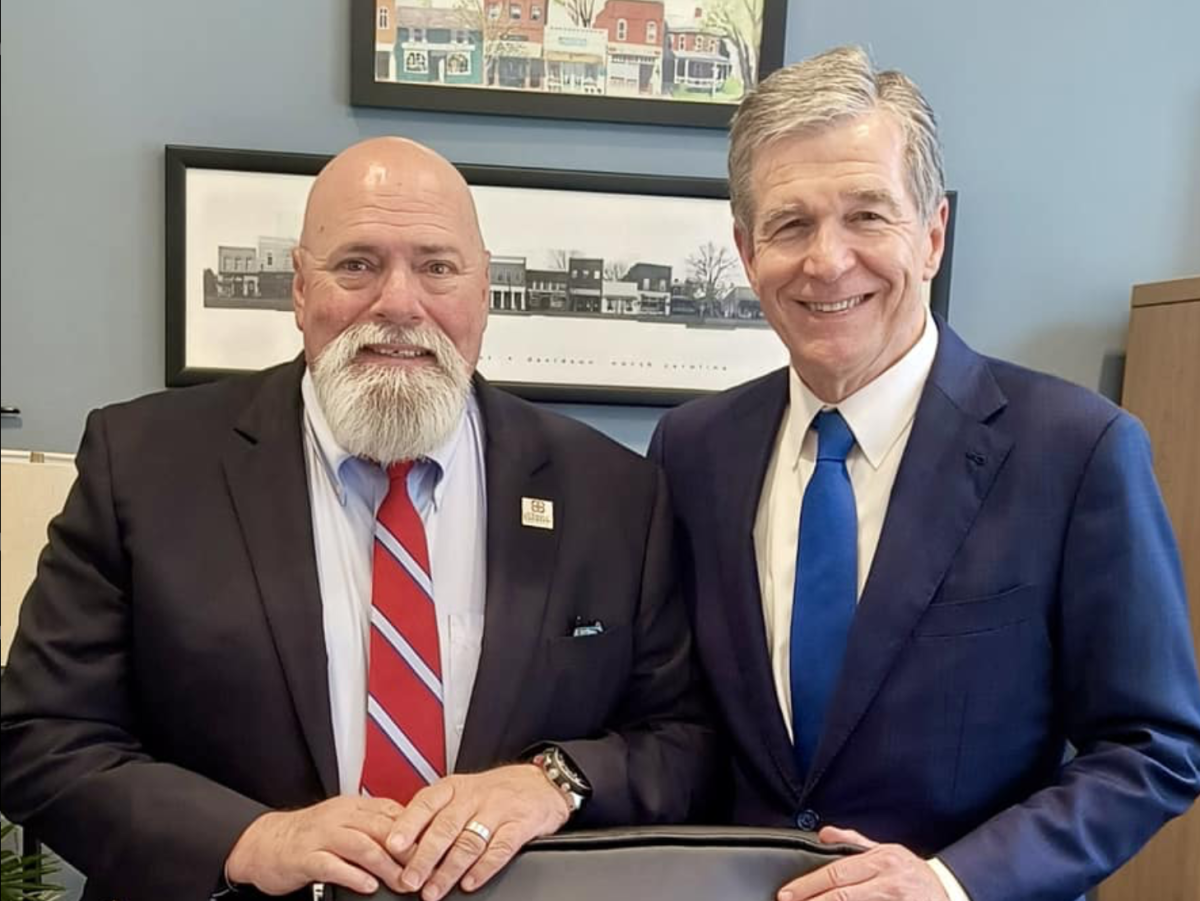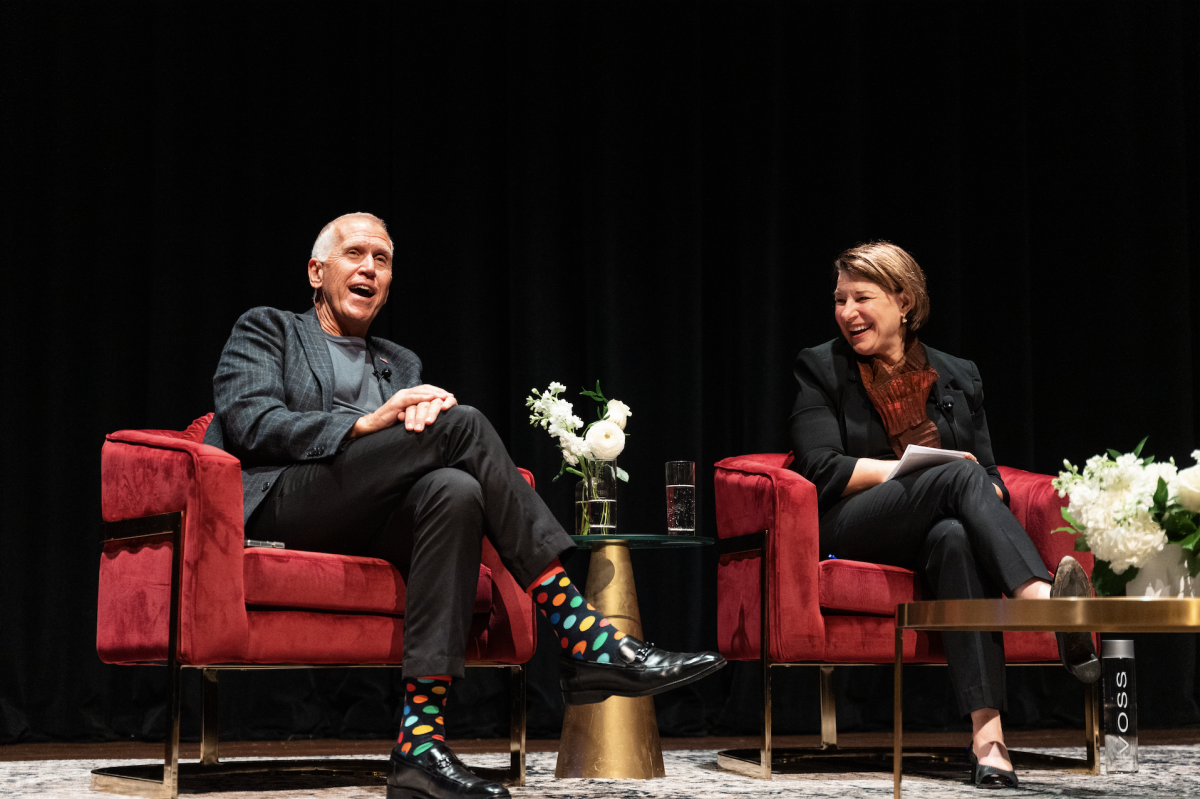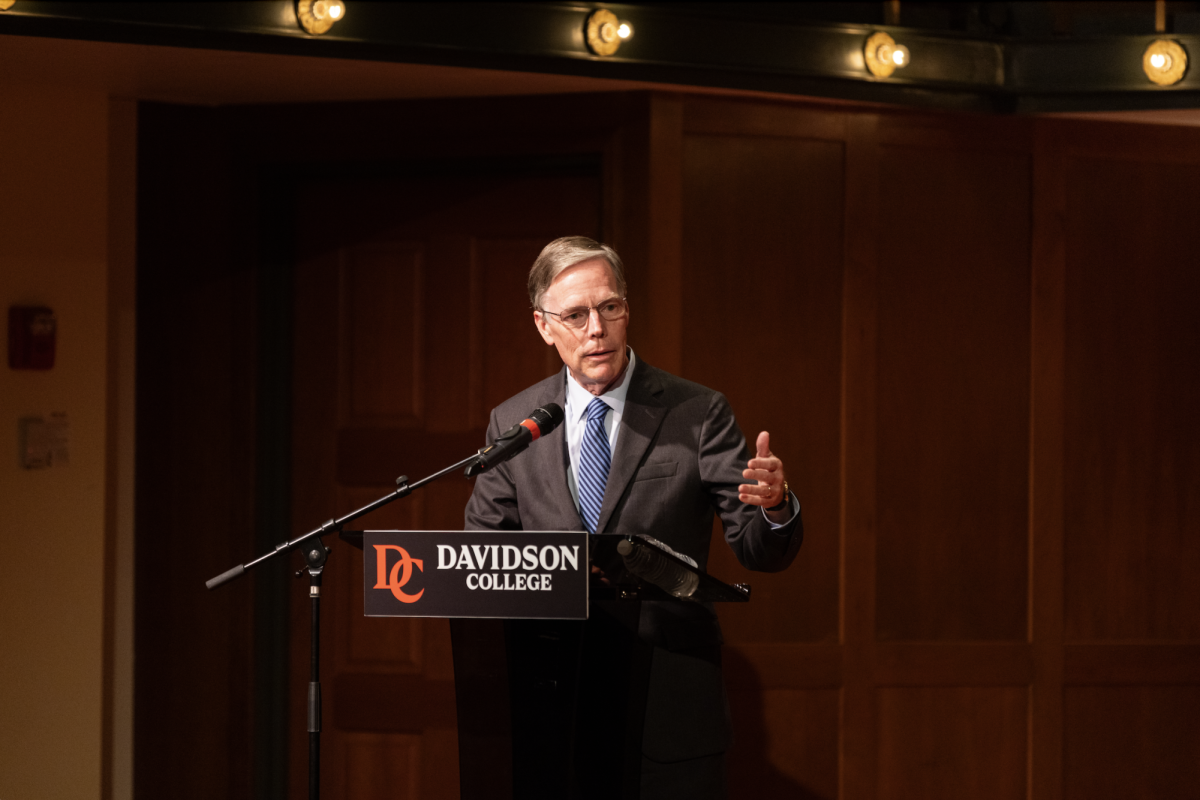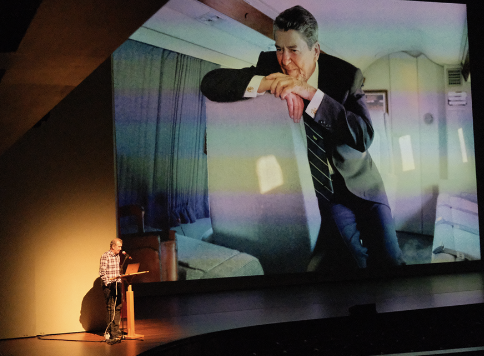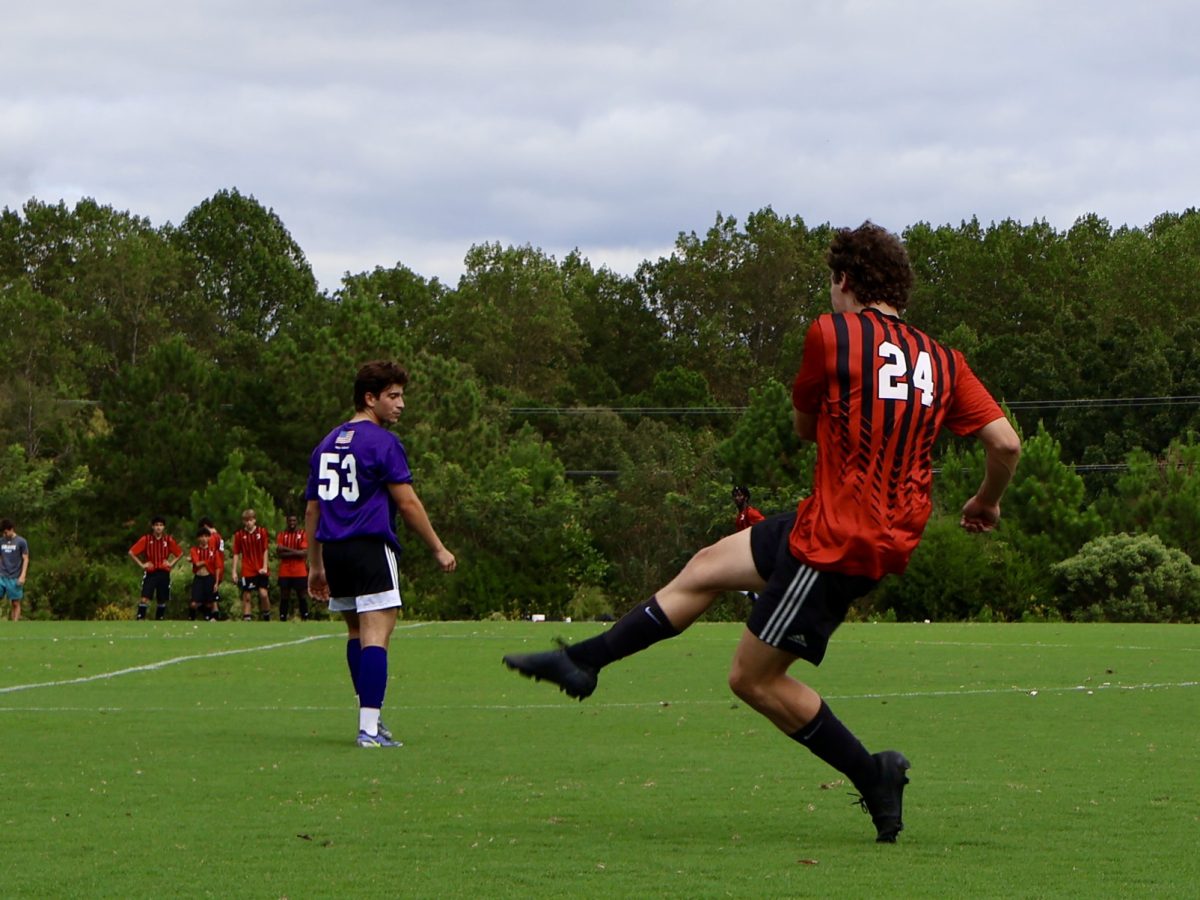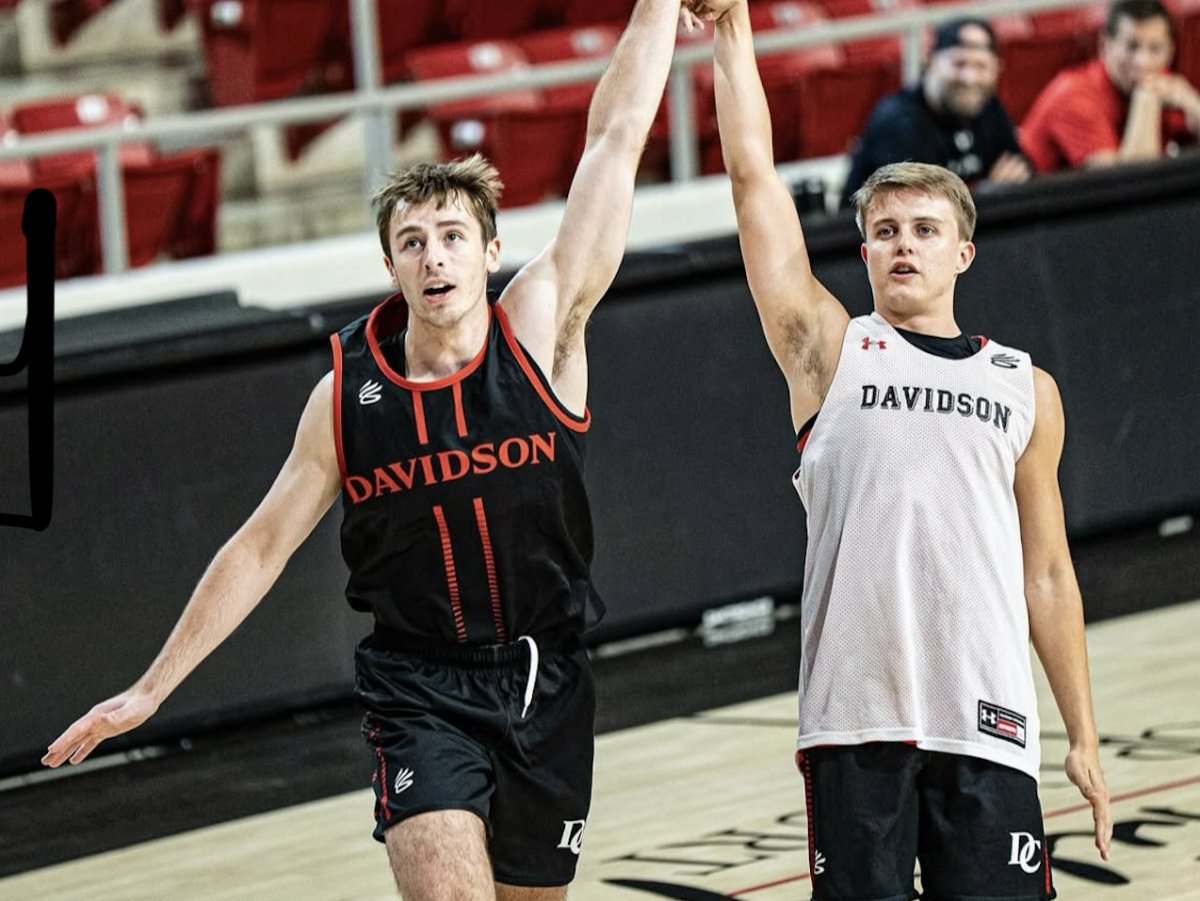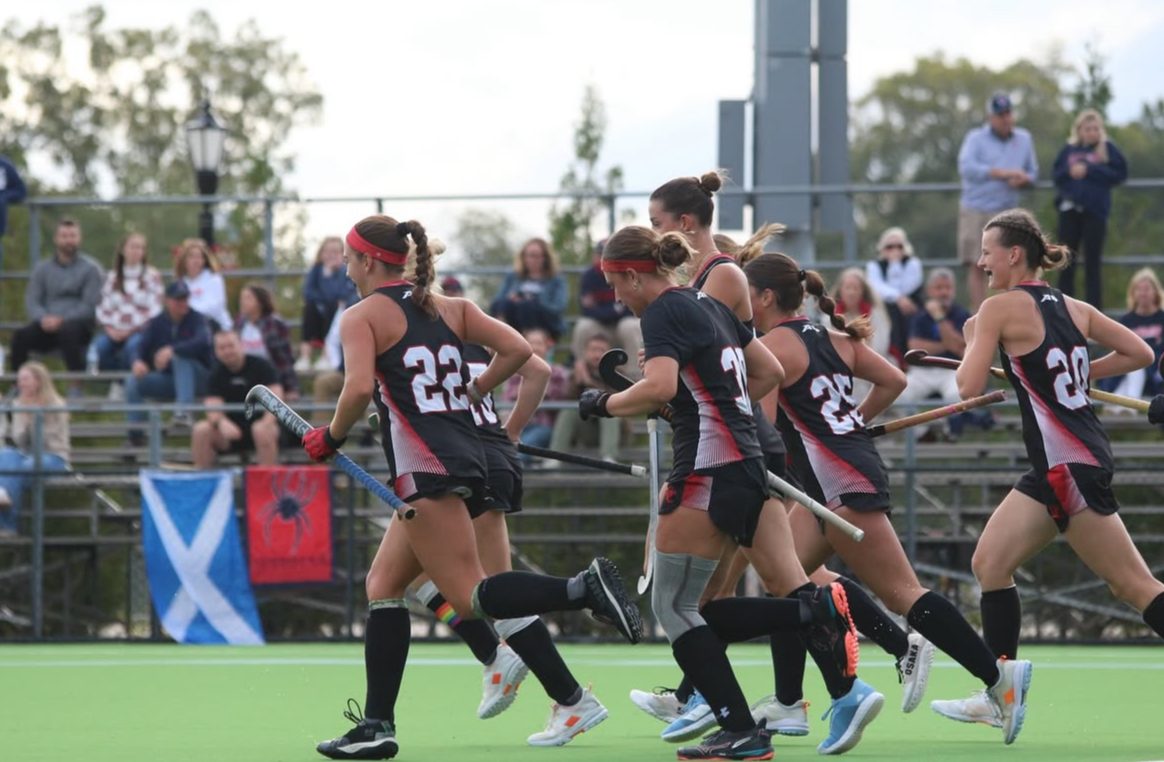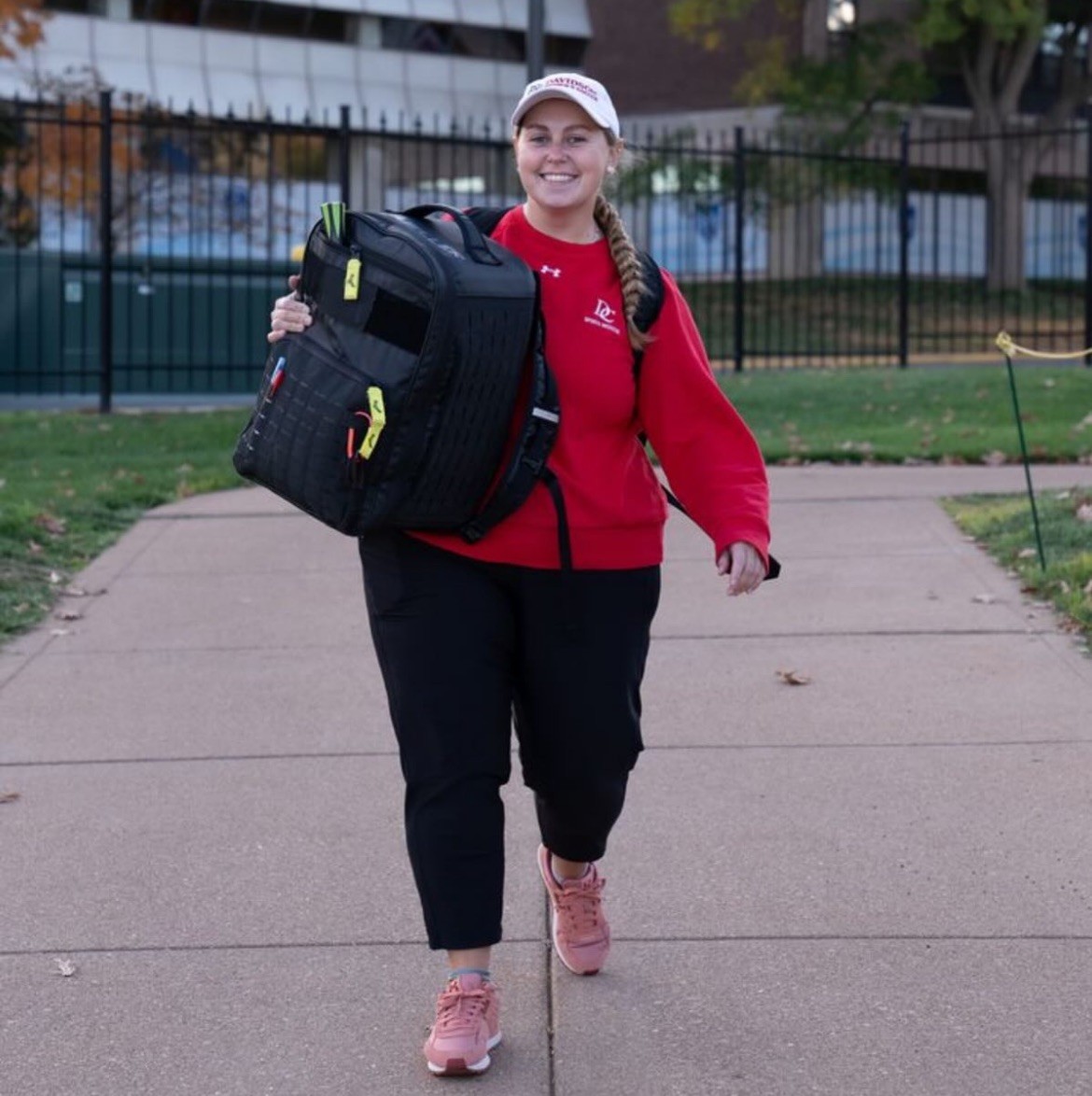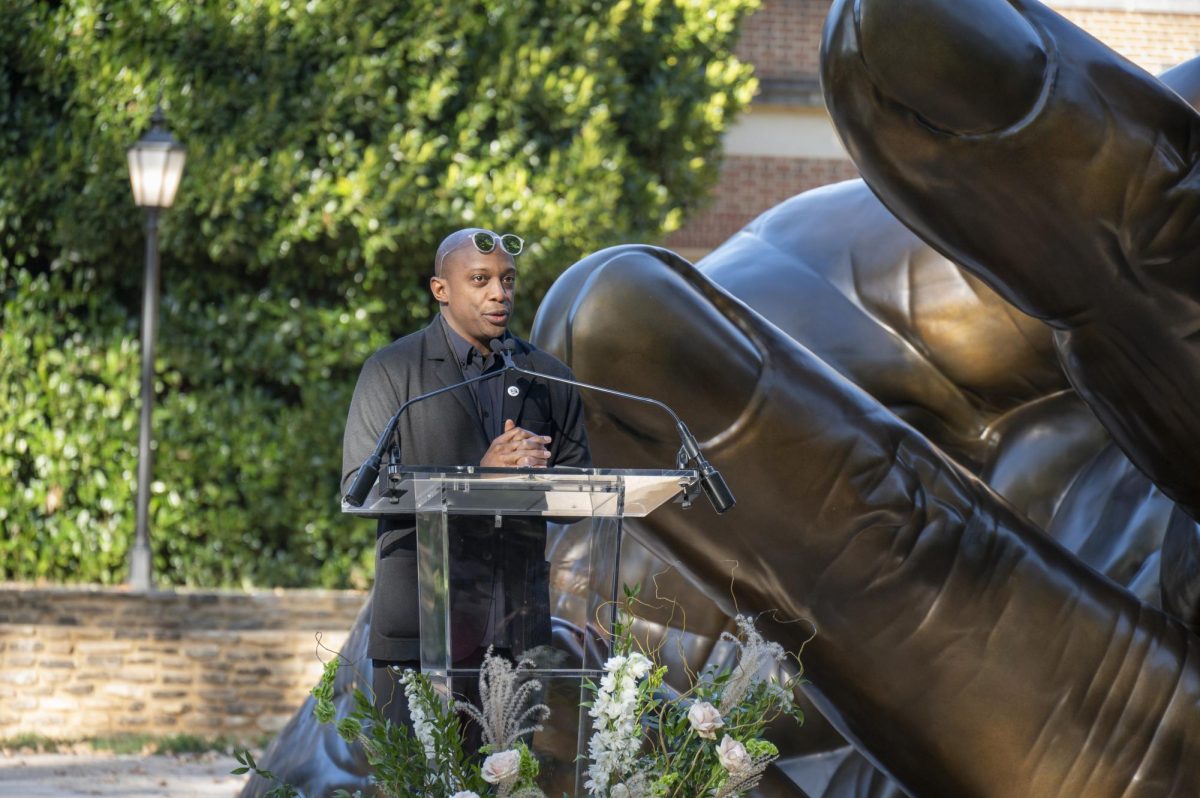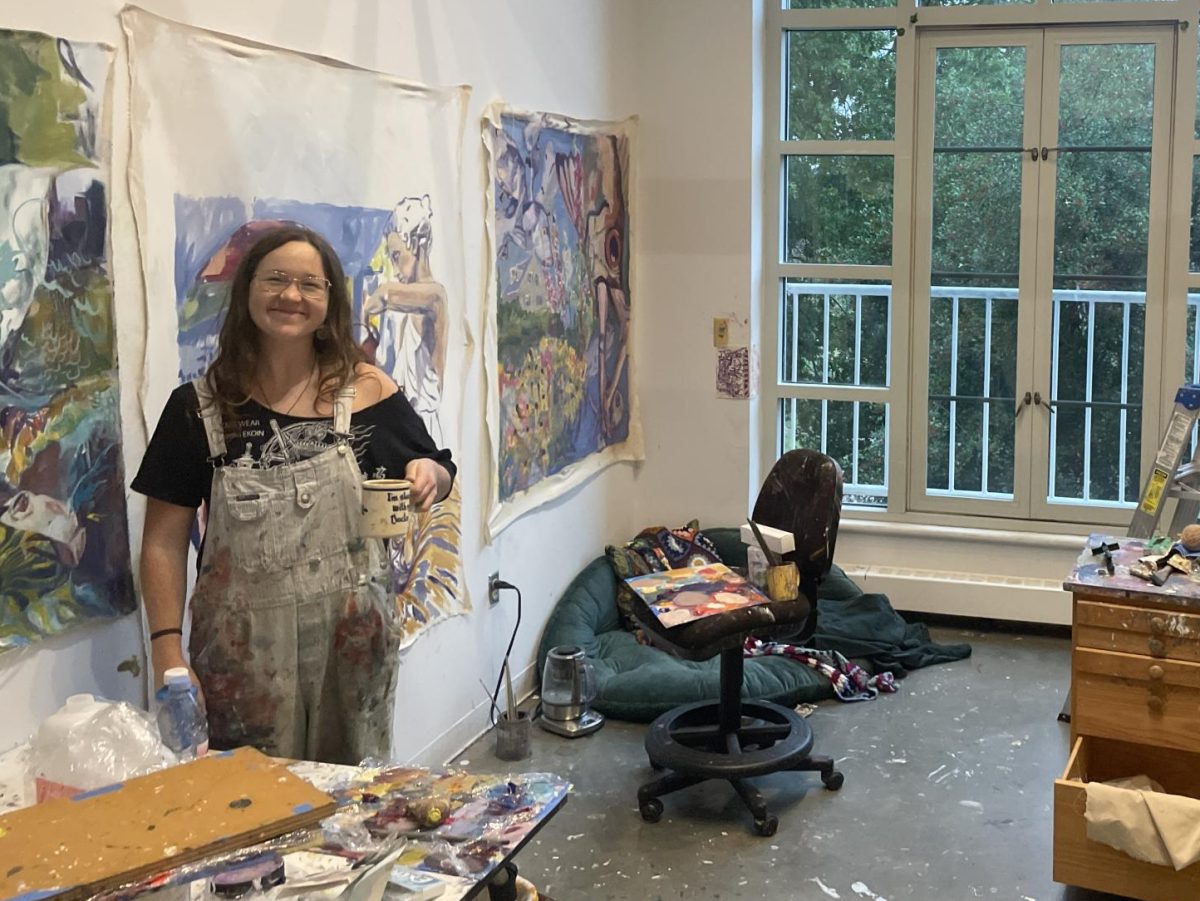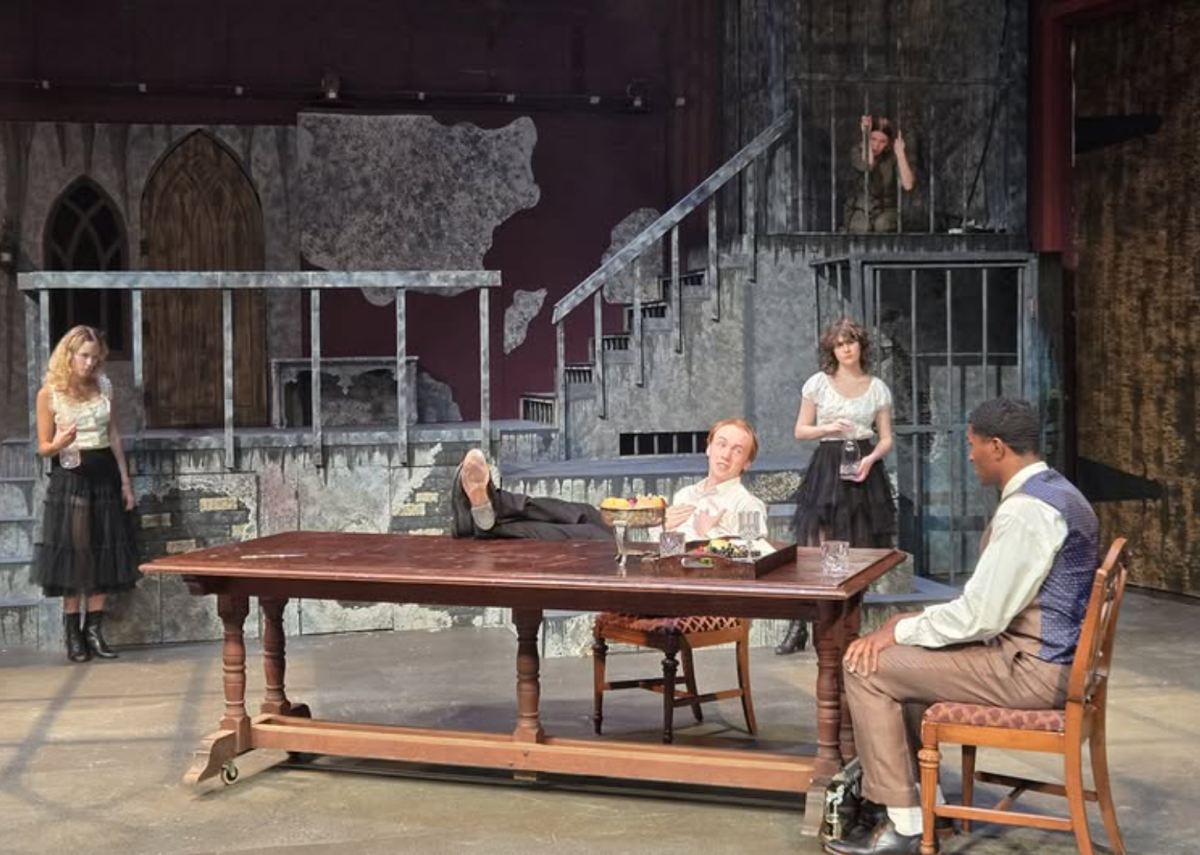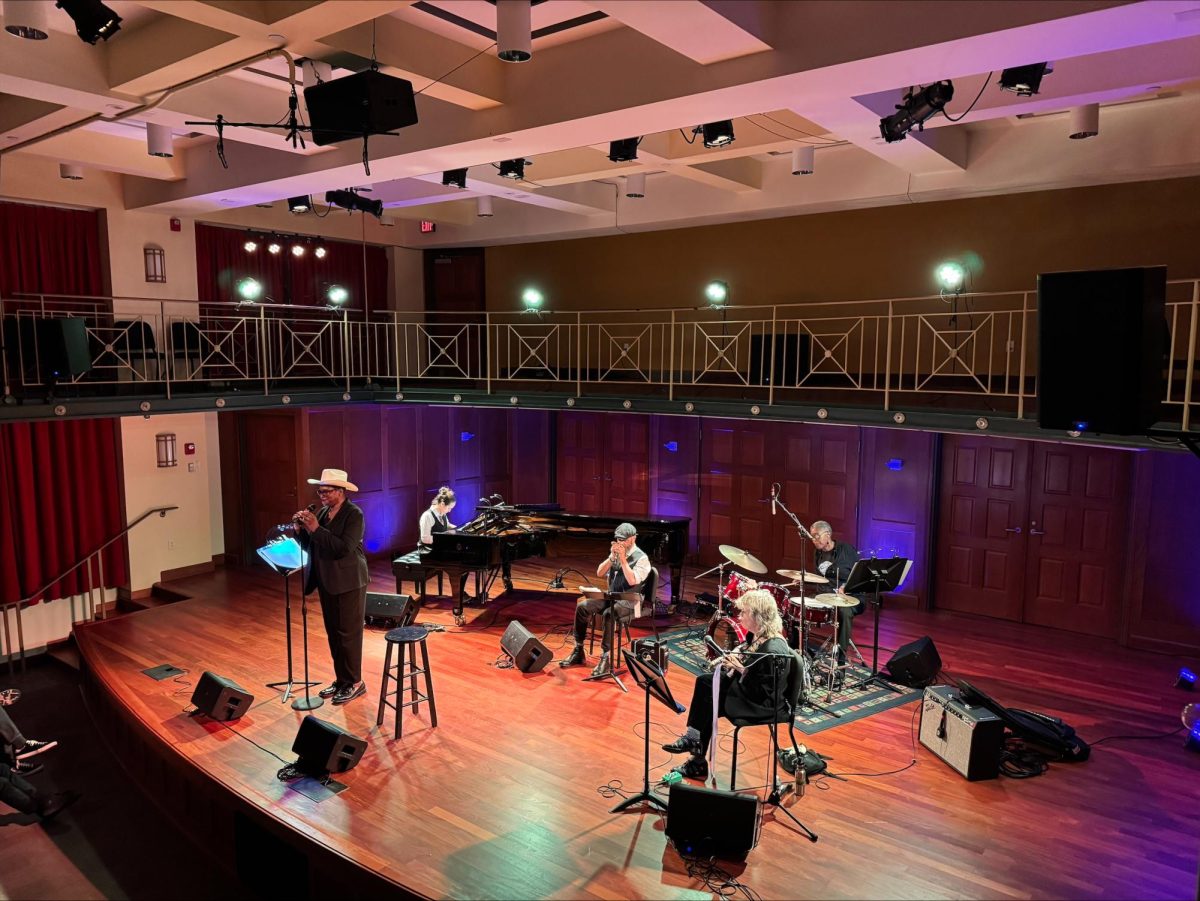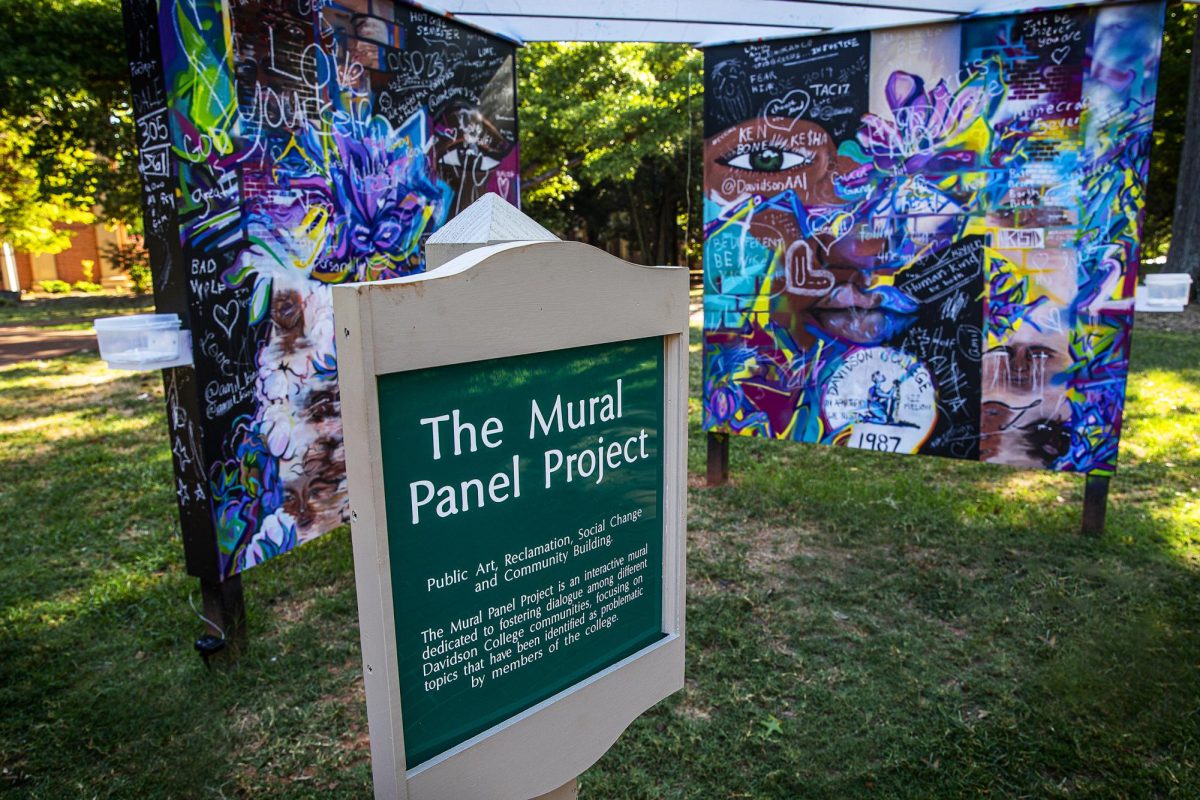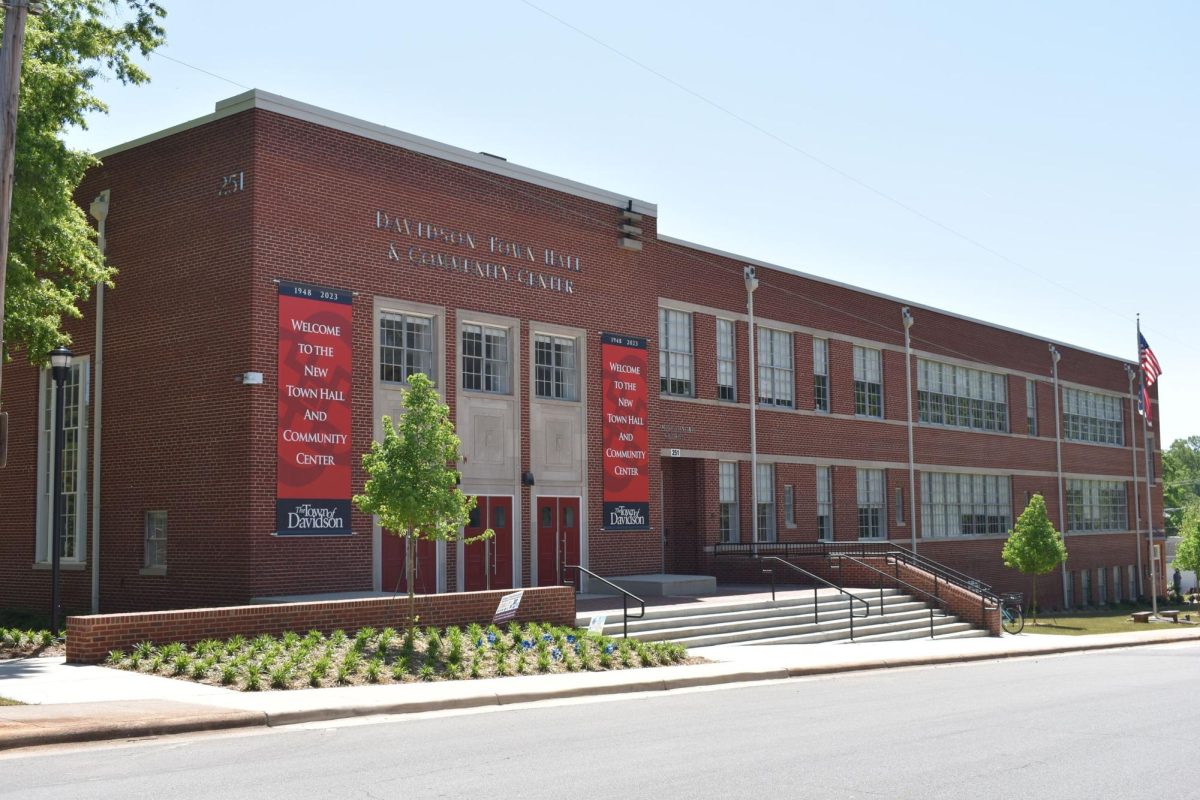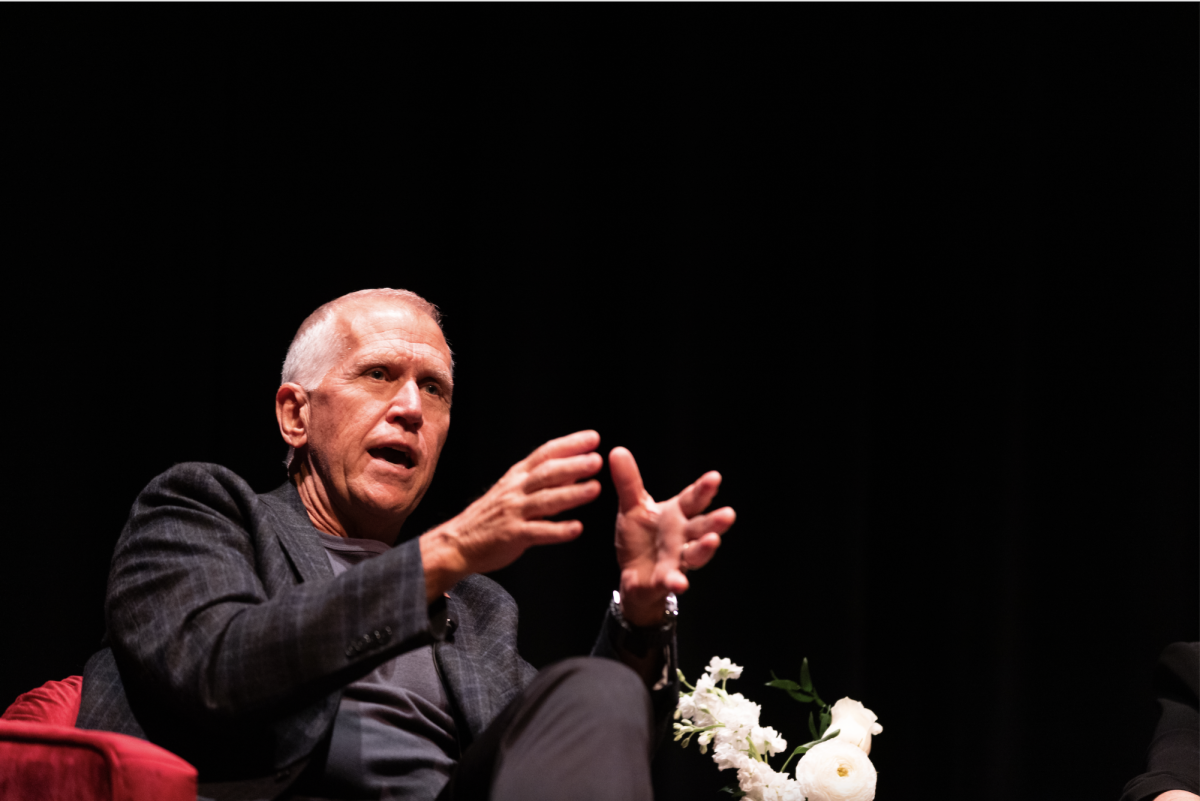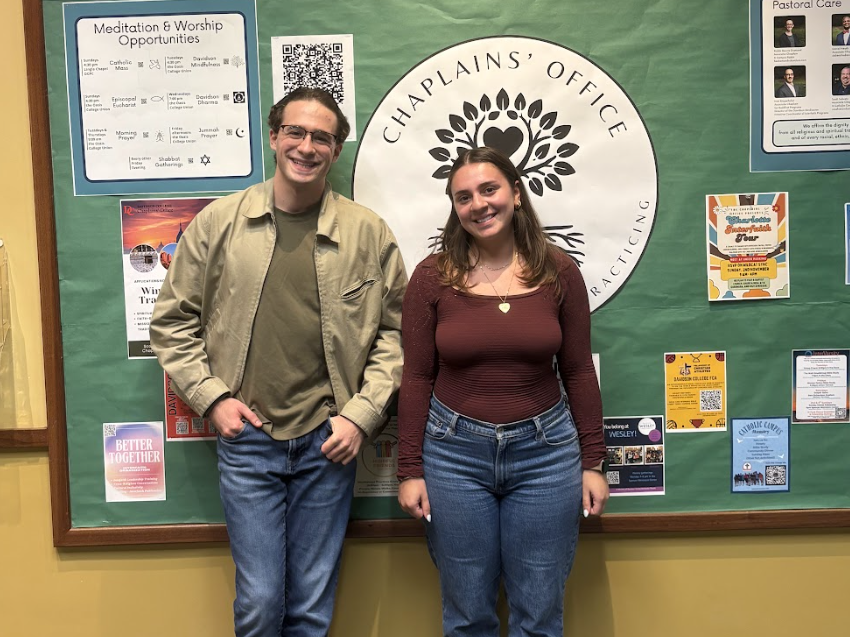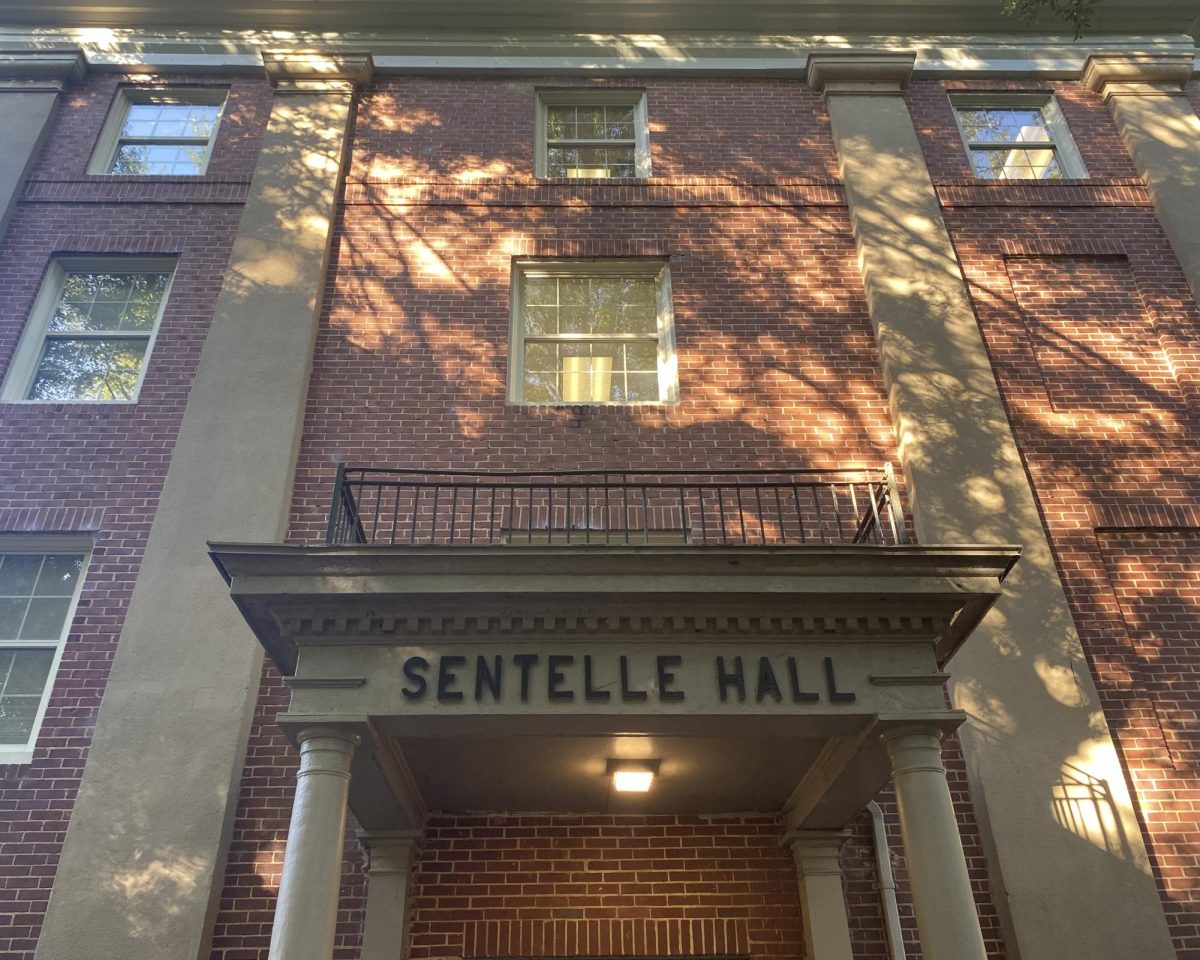Over 100 Davidson students have been identified in the 60,273 person “Griffin List” as part of a dubious lawsuit by failed Supreme Court candidate Jefferson Griffin to overturn election results.
On Jan. 16, 106 Davidson College students received an email from the Center for Political Engagement (CPE) President Sophia Ludt ‘25 informing them that their ballots in the Nov. 5 statewide race for North Carolina Supreme Court justice are among 60,273 at risk of being nullified.
Following Republican Jefferson Griffin’s 734-vote defeat to incumbent Democratic Justice Allison Riggs—which was affirmed by two recounts—Griffin filed three ballot protests with the State Board of Elections (NCSBE) in an effort to throw out over 65,000 votes.
After rejections by the NCBSE and Wake County Superior Court, Griffin appealed all three lawsuits to the North Carolina Court of Appeals on Monday Feb. 10. The challenges are expected to make their way to the North Carolina Supreme Court, which on Jan. 7 voted 4-2 to grant a stay blocking Riggs’ certification.
Griffin’s challenges target three groups of ballots, including 5,509 military and overseas voters whose ballots did not contain photo identification, but are exempt from the recent voter ID law according to the NCBSE. Also targeted were 267 overseas voters who never resided in North Carolina but are permitted to vote where their parents were last eligible.
Of primary concern to citizens and legal advocates alike are the 60,273 voters compiled on what is often referred to as the “Griffin List.” Due to a clerical error, faulty registration forms did not require voters to submit their driver’s license or social security number, which Griffin argues is grounds for invalidation.
According to an analysis by Professor of Political Science and Public Affairs at Western Carolina University Dr. Chris Cooper, “Challenged voters are younger, more likely to be from out of state, more likely to identify as a member of a minority group, and much more likely to have unidentified race, gender and ethnicity.”
To Associate Professor of Political Science at Davidson College Dr. Andrew O’Geen, the NCSBE’s defense is compelling. “The behavior of the Board of Elections has been pretty consistent, actually, and the rules that they’ve been operating under, the precedents they’ve been operating under, have been in place for quite a while. And so one of the arguments that the dissenters made is that the Republican Party had years and years to object to these practices. In fact, they have never done so, and so the fact that they’re objecting now that they’ve lost an election makes it problematic,” O’Geen said.
Though the legality of Griffin’s challenges appear clear on paper—Superior Court Judge William Pittman sided with the NCSBE in three one-page orders—defeat is not a foregone conclusion. Griffin can appeal the case to the State Supreme Court, which (excluding Riggs) has a 5-1 Republican majority.
“The only real conclusion that I think is a safe one to draw from [the Supreme Court’s decision to grant the stay] is that they want to at the very least provide some space for these arguments to be made,” O’Geen said.
“If you’re a little more cynical about this, especially given the behavior of the North Carolina Supreme Court in the recent past, one might suspect that there’s some sort of partisan agenda going on,” O’Geen said. “The fact is that we don’t really know how that part of the partisanship of the court is going to matter here.”
Though the outcome is in the court’s hands, raising awareness of the challenge and its consequences is still important. When Stephen Whitlow and Leo Davidson learned about the Griffin List, they teamed up to create thegriffinlist.com, a searchable database of names being challenged.
Whitlow is a co-creator of Triangle Blog Blog, a self-described hyperlocal group blog that covers civics and news in Chapel Hill and Carrboro. Davidson, a senior at the University of North Carolina at Chapel Hill studying geography, has experience in programming and web development.
“The idea was to give people something to do in response to the story,” Davidson said. “The site encourages reaching out to different organizations, contacting local officials, contacting your county Board of Elections and that sort of thing. And it also encourages searching, not only for yourself, but for people you might know.”
The Griffin List is striking to Whitlow in part because it contains both Democratic and Republican voters. “I could very easily see that there were Republicans on that list and there were unaffiliated voters on that list,” Whitlow, a registered Democrat, said.
“These are people who followed the rules. They registered to vote. They were led to believe, for good reason, that they were eligible voters […] These were good faith actors.”
Davidson’s goal is to get people to pay attention to and care about the situation. “When you have these sort of abstract stories like this, […] there’s not really a way to identify with it,” Davidson said. “I think it’s important that people are generally aware of this […] It should concern people that there are people whose priority is to restrict one of their democratic rights.”
Ludt is also concerned about the Griffin List. As soon as she heard about the website, she compiled a list of all affected students who voted in Davidson and notified them of their status. “You can’t ensure that your vote is counted. You’ve done all you can, you’ve provided all of your documents, and you voted,” Ludt stated in the email.
The news disheartened members of the CPE, who registered 199 new voters ahead of the Nov. 5 election and shuttled 48 to the polls. “A lot of it was tabling three or four hours a week trying to reach as many people as possible, tabling all around campus, meeting with clubs to try to meet people where they’re at, trying to have other events to educate people and make sure that they can reach information,” Ludt said.
Davidson College Democrats President Kailliou Macon-Goudeau ‘25 is one of 106 Davidson students on the Griffin List. When he went to the polls, he recalled casting his ballot without issue. “I remember coming up and just checking beforehand that my registration was active […] I helped register other people to vote, so I felt like I was pretty informed, going into the entire thing of making sure that everything was working properly,” Macon-Goudeau said. “I showed them my ID and the process went pretty smoothly.”
Learning that their votes may be nullified despite doing everything by the book may be discouraging to young and first-time voters at Davidson and across the state. “It raises concerns for everyone in the disillusionment of voting and politics in general, but I think that young people especially have reported that they already feel like their vote doesn’t really matter and that politics doesn’t necessarily really apply to their day to day lives,” Ludt said.
Although youth turnout is often lower than other age demographics, Ludt worries that losing trust in the democratic process at a young age may have lasting consequences. “If we have a precedent of something like [Griffin’s challenges], it’s just going to lead to more problems, less people trusting our electoral system. Young people are going to carry that as they move into adulthood,” Ludt said.
O’Geen, Ludt and Macon-Goudeau have similarly stark warnings about the precedent Griffin’s challenge sets—possibly even if he is ultimately unsuccessful.
“If an argument says that voters whose information is incorrectly entered into the database are purged from the voter rolls, even though they provided that information and they get all the stuff they were supposed to do when they registered, that sets a precedent for other actors and for other states and for other judges to look and say ‘oh, this flew in North Carolina. Maybe it can fly here,’” O’Geen said.
Ludt foresees a rise in sore losers. “If we have a precedent that if you are unhappy that you didn’t win, that if you have enough money, then you can take it to this level, it just normalizes the idea that that’s okay and that we don’t have to listen to the safeguards that are already in place,” Ludt said.
Macon-Goudeau, on the other hand, is concerned about openly malicious attempts to subvert democracy. “People are just going to be starting doing anything and everything they can, that is barely legal at best, to win the election,” Macon-Goudeau said. “People are much more willing to push the envelope on what they can get away with to win an election, and I just think that’s the main danger here.”

